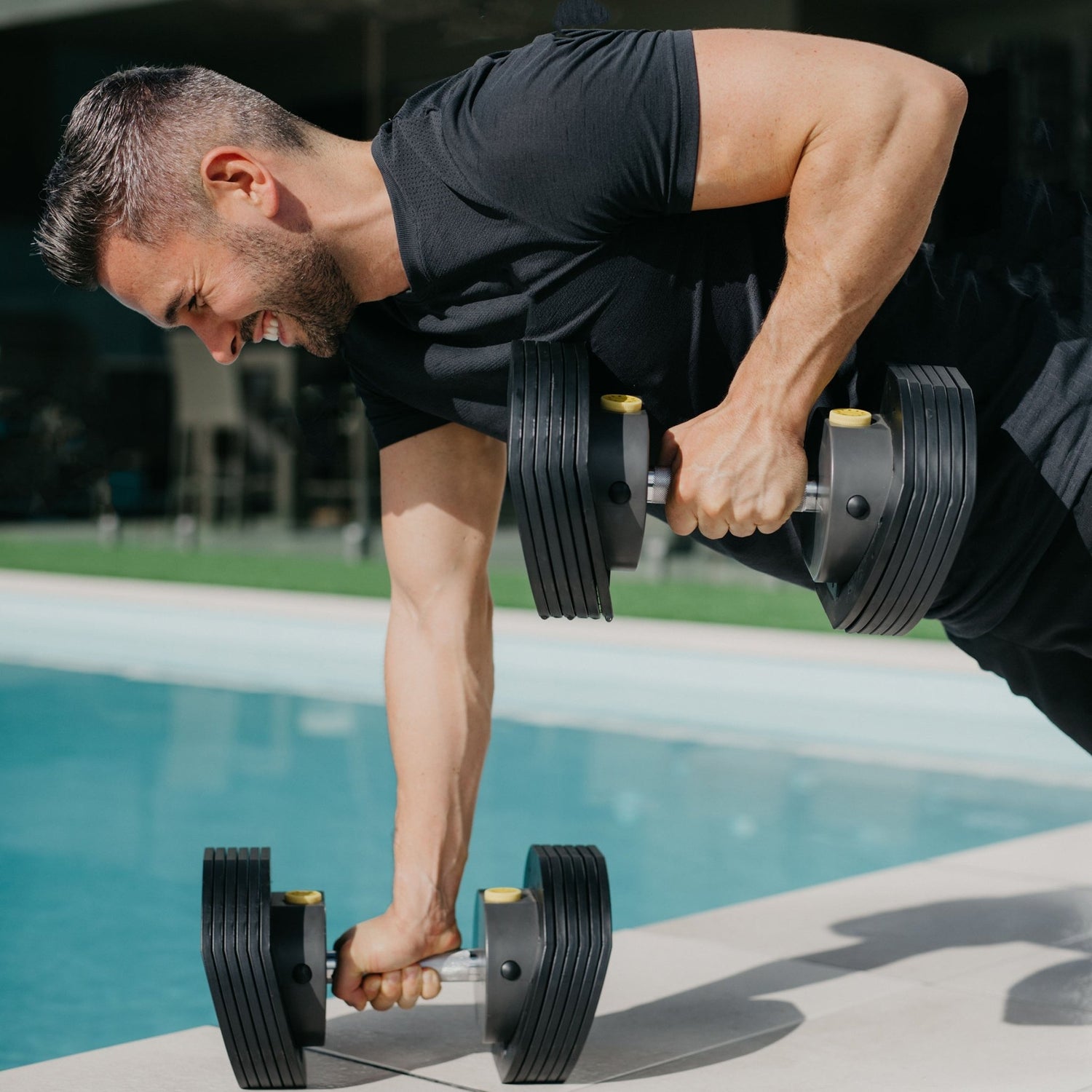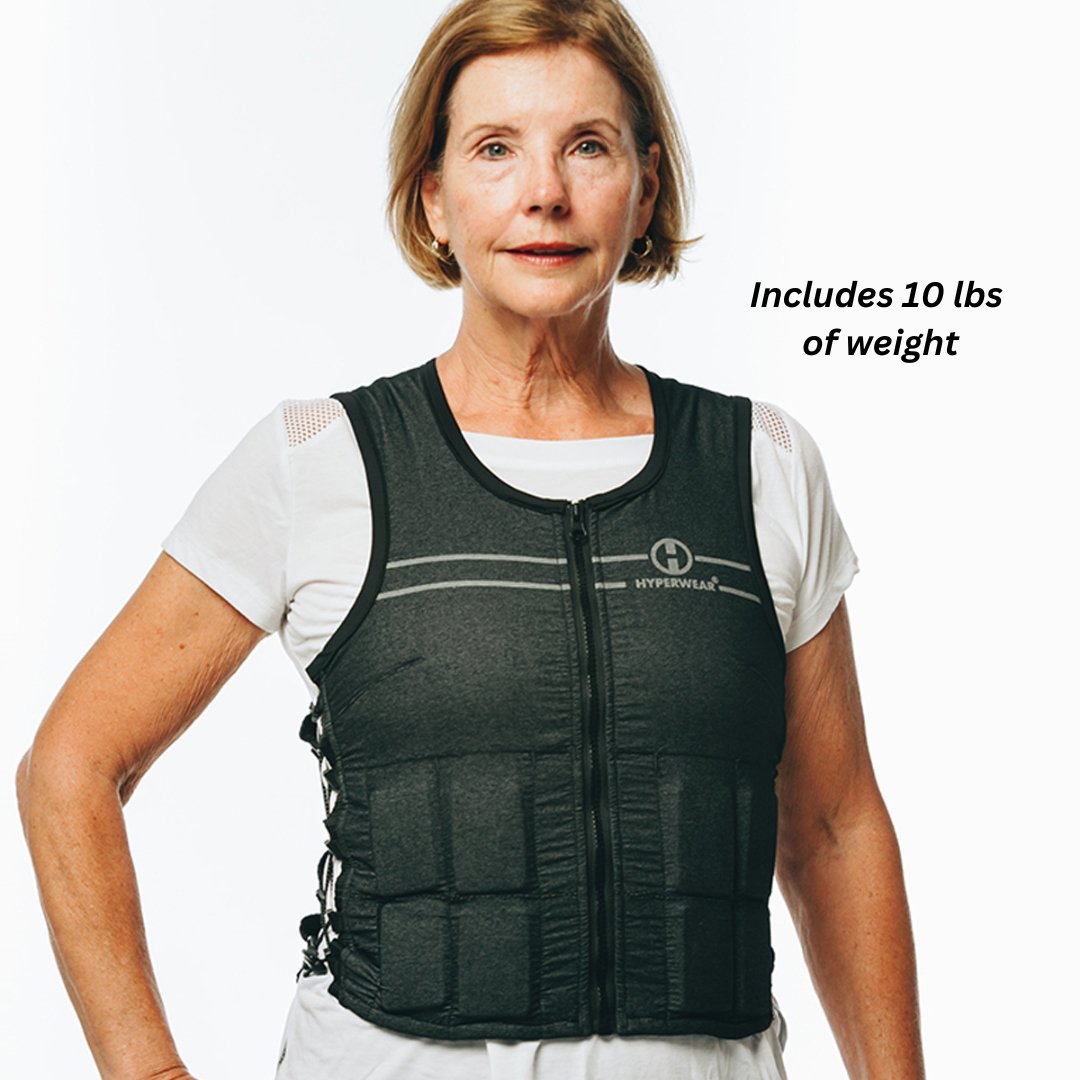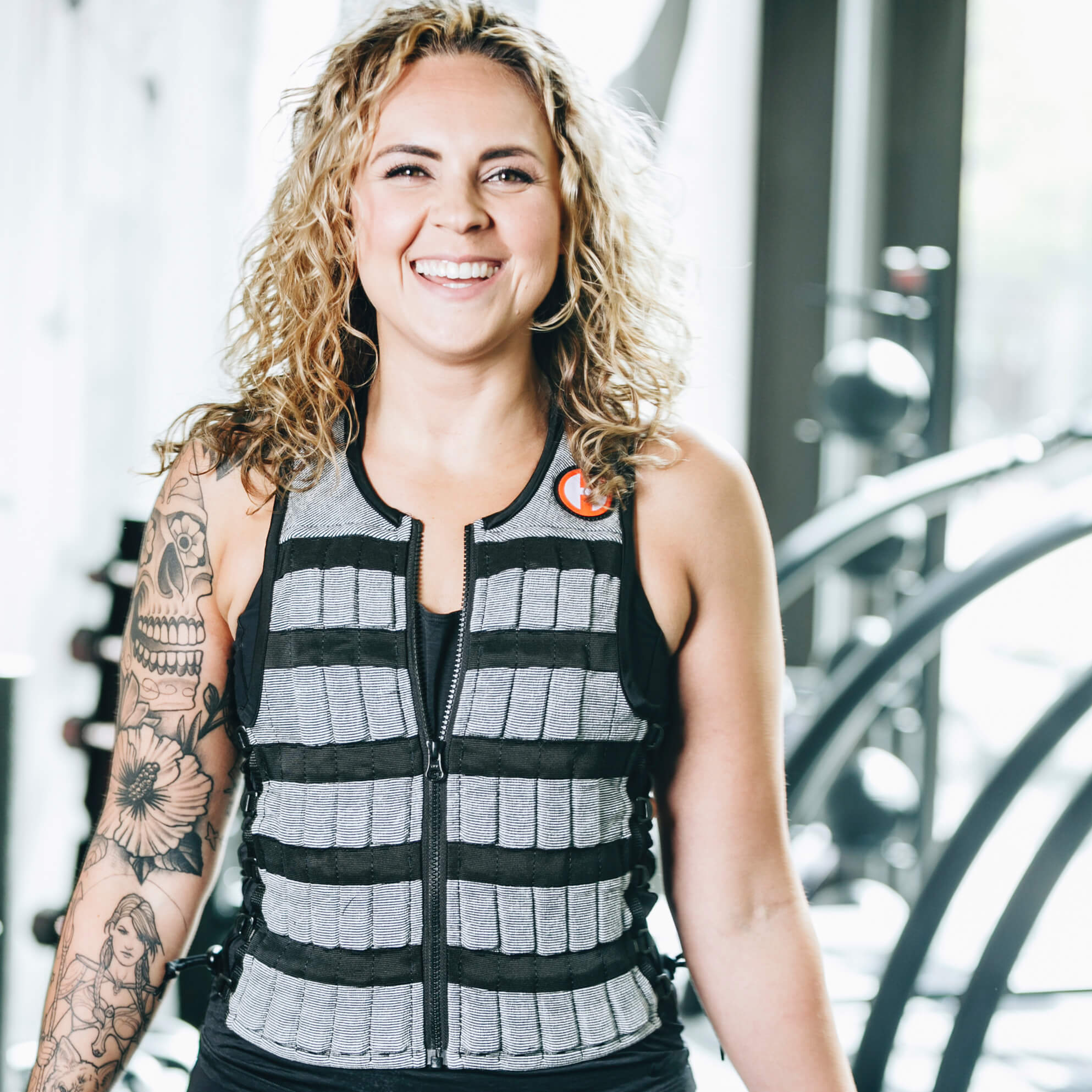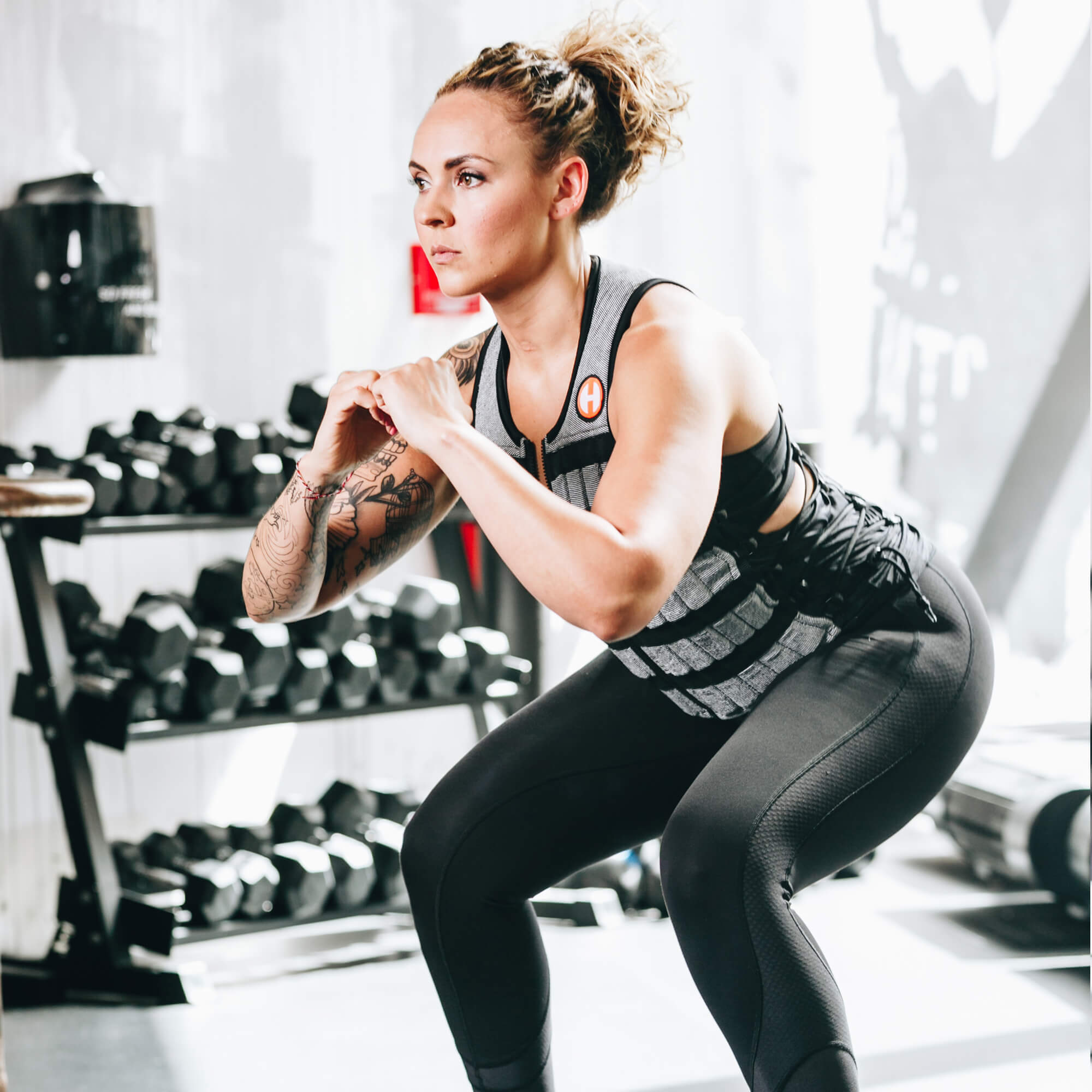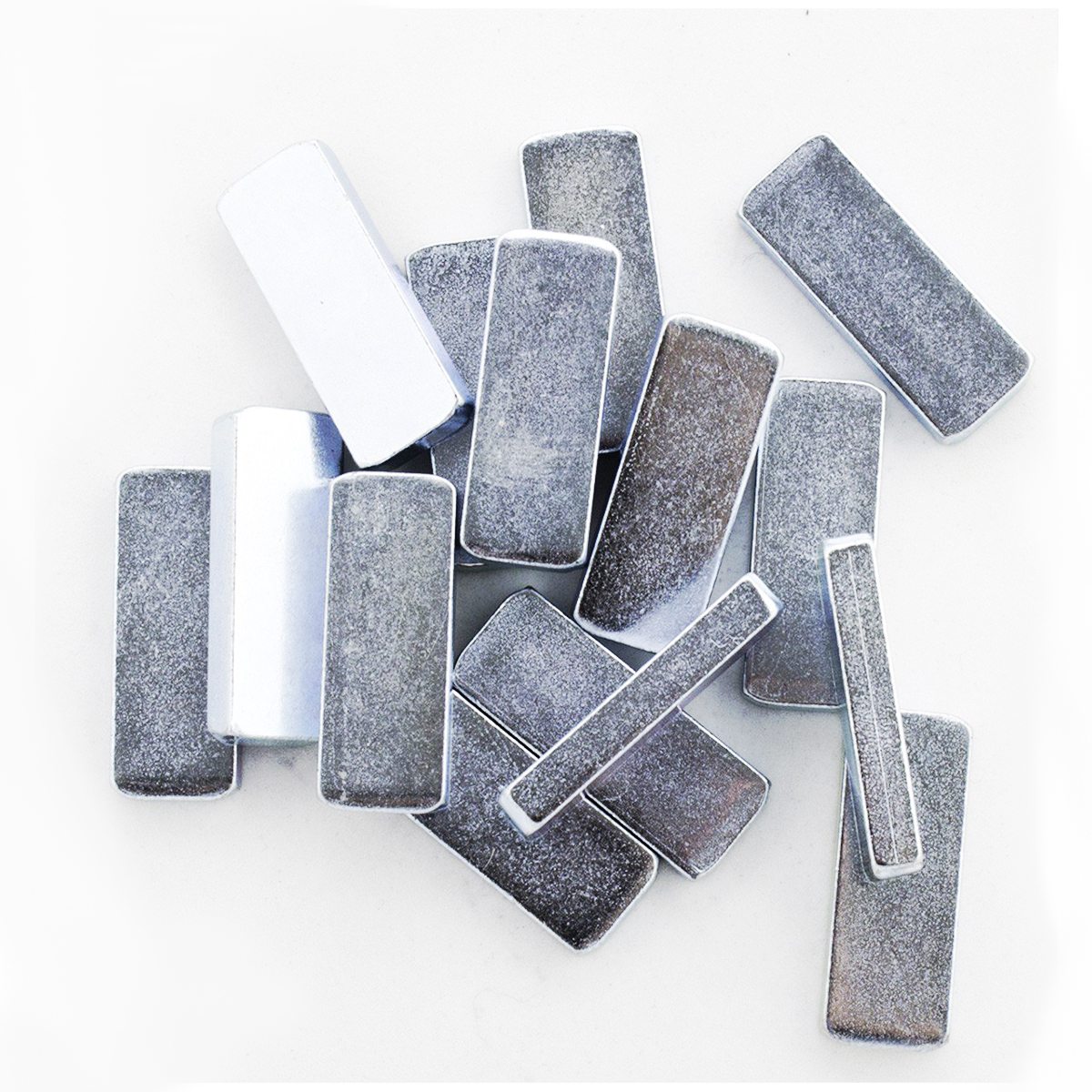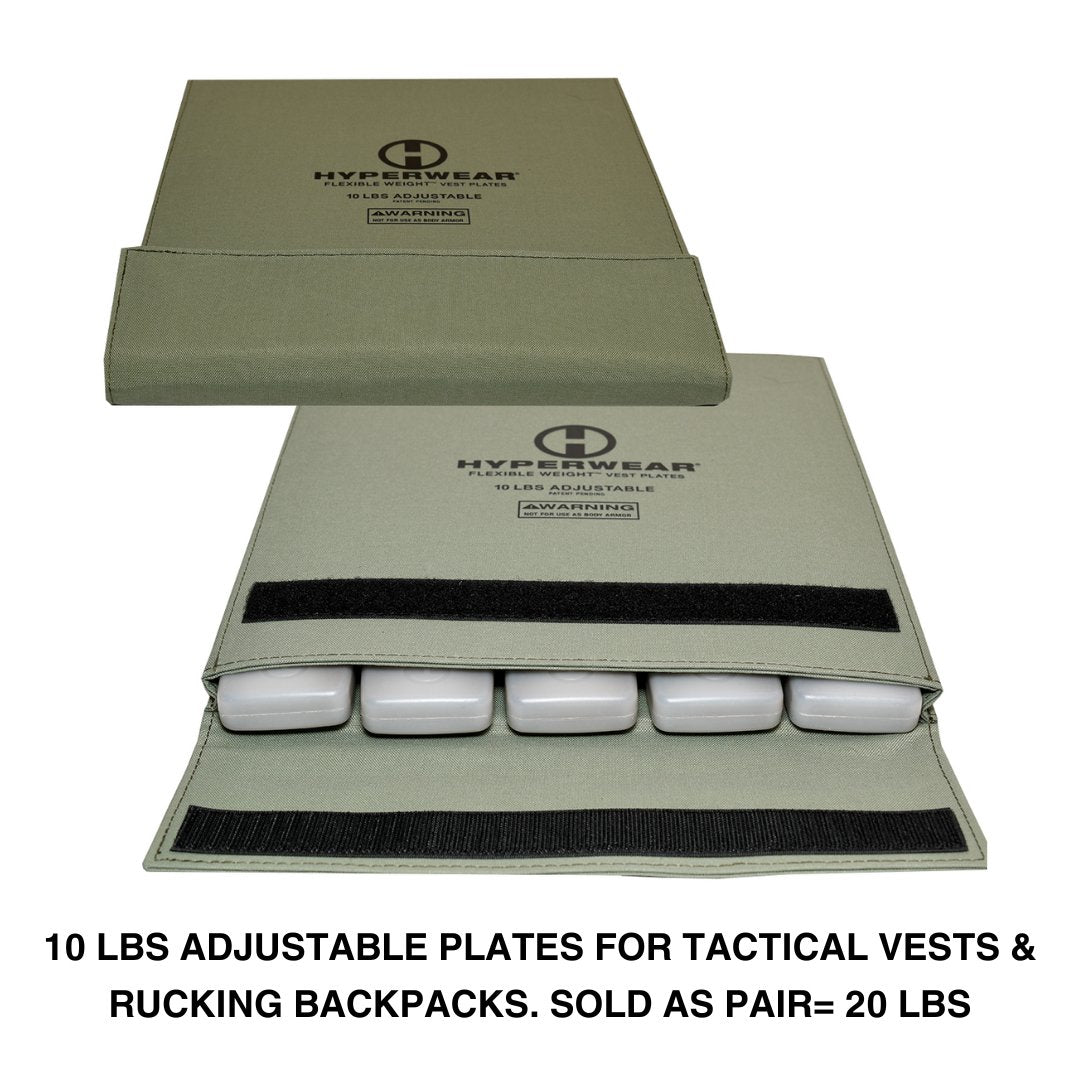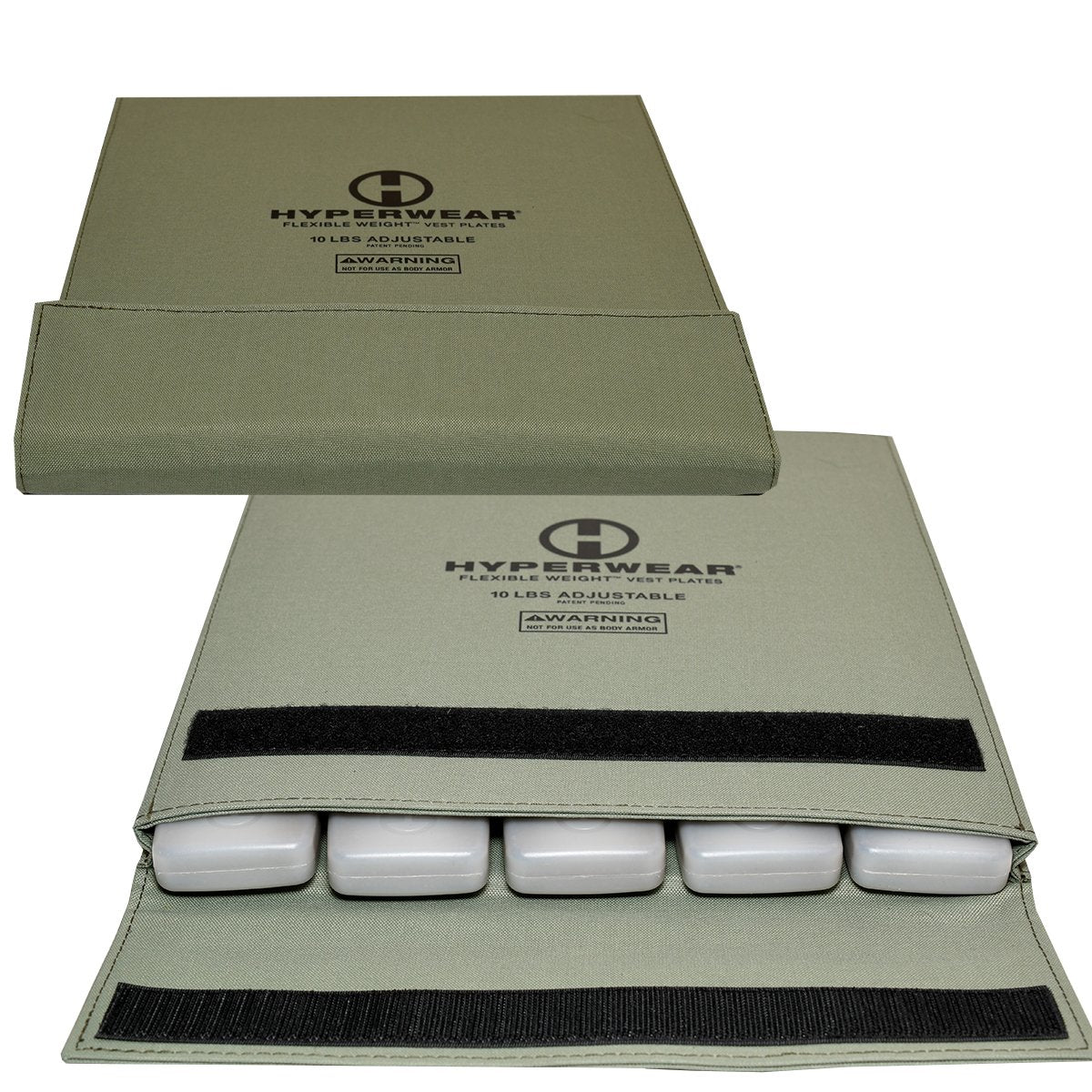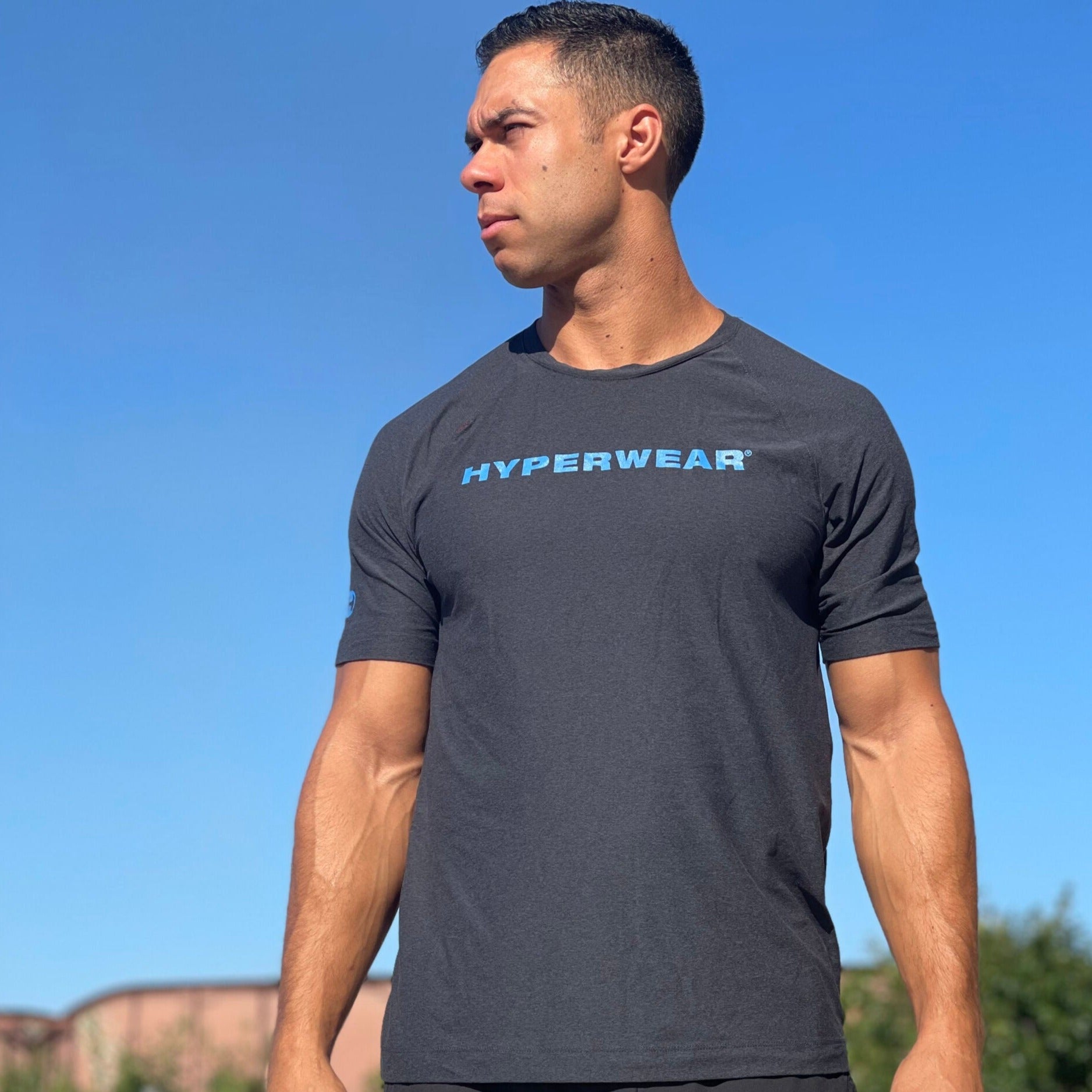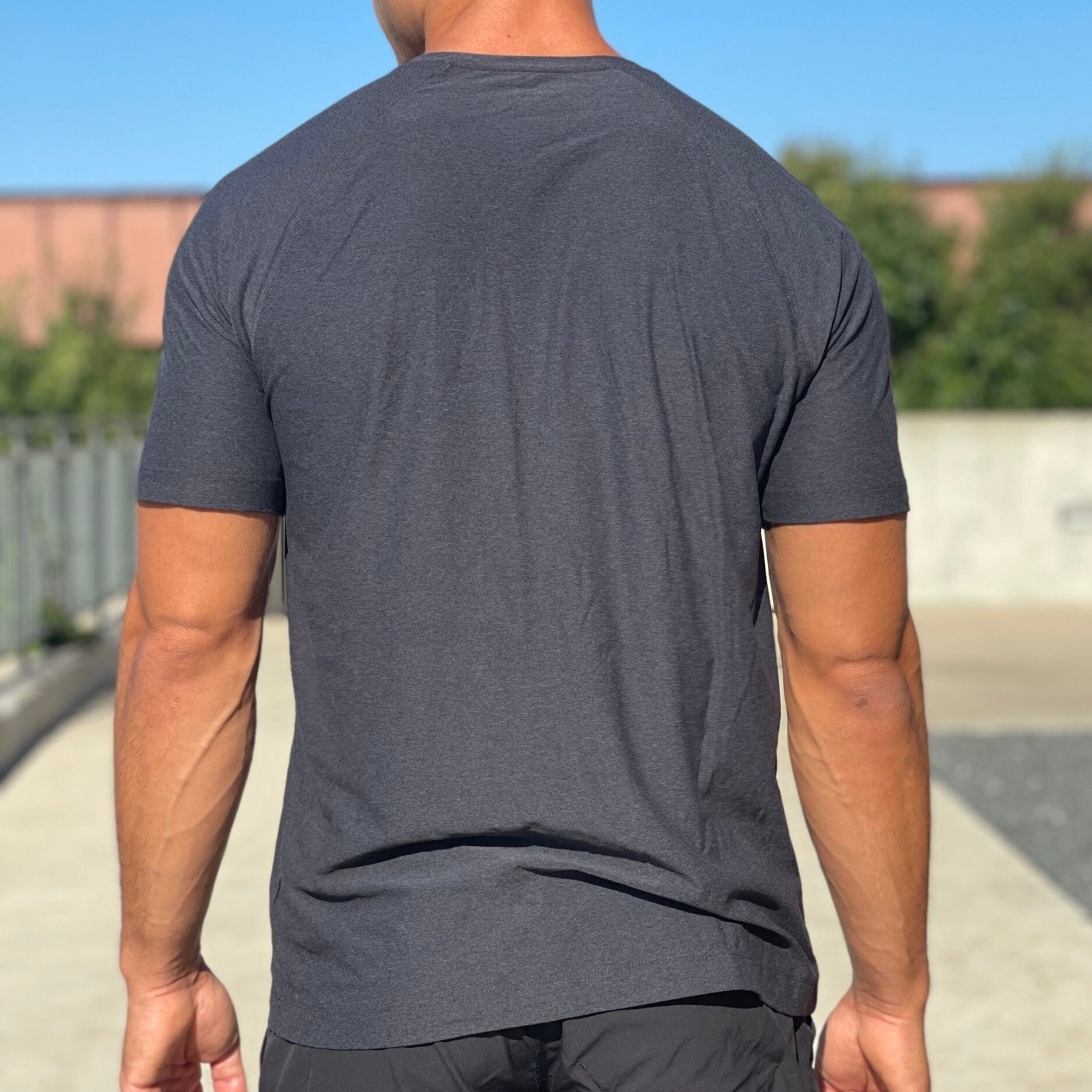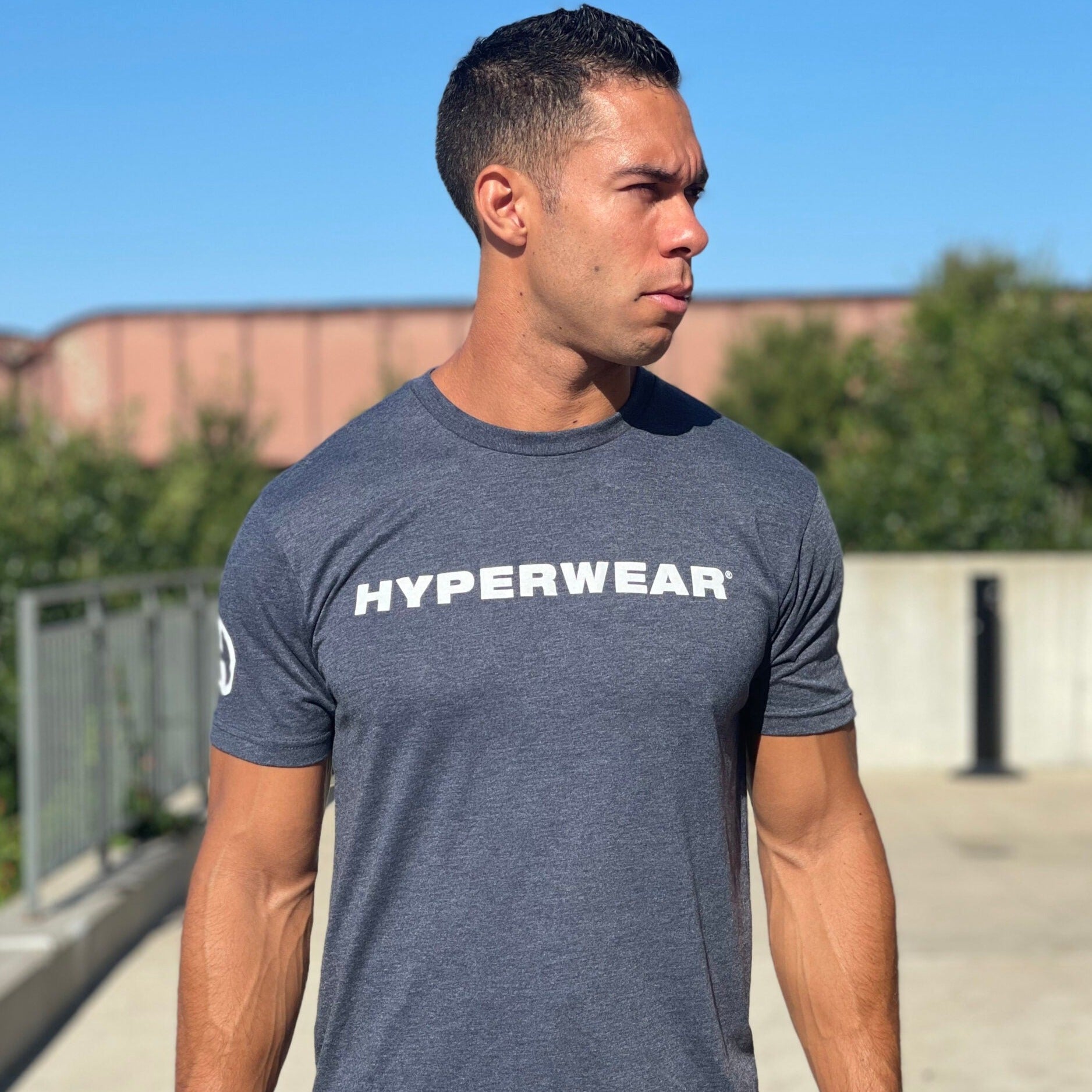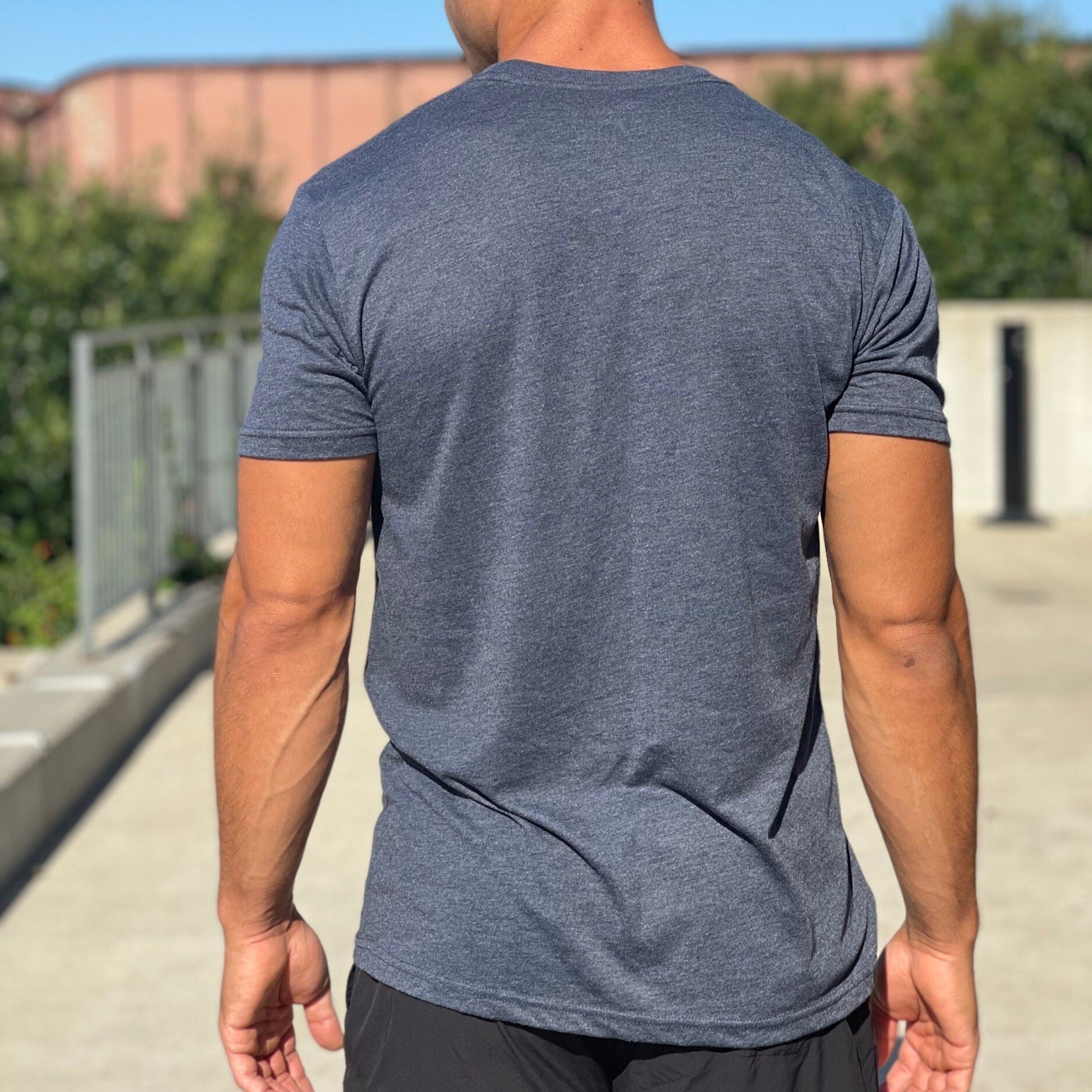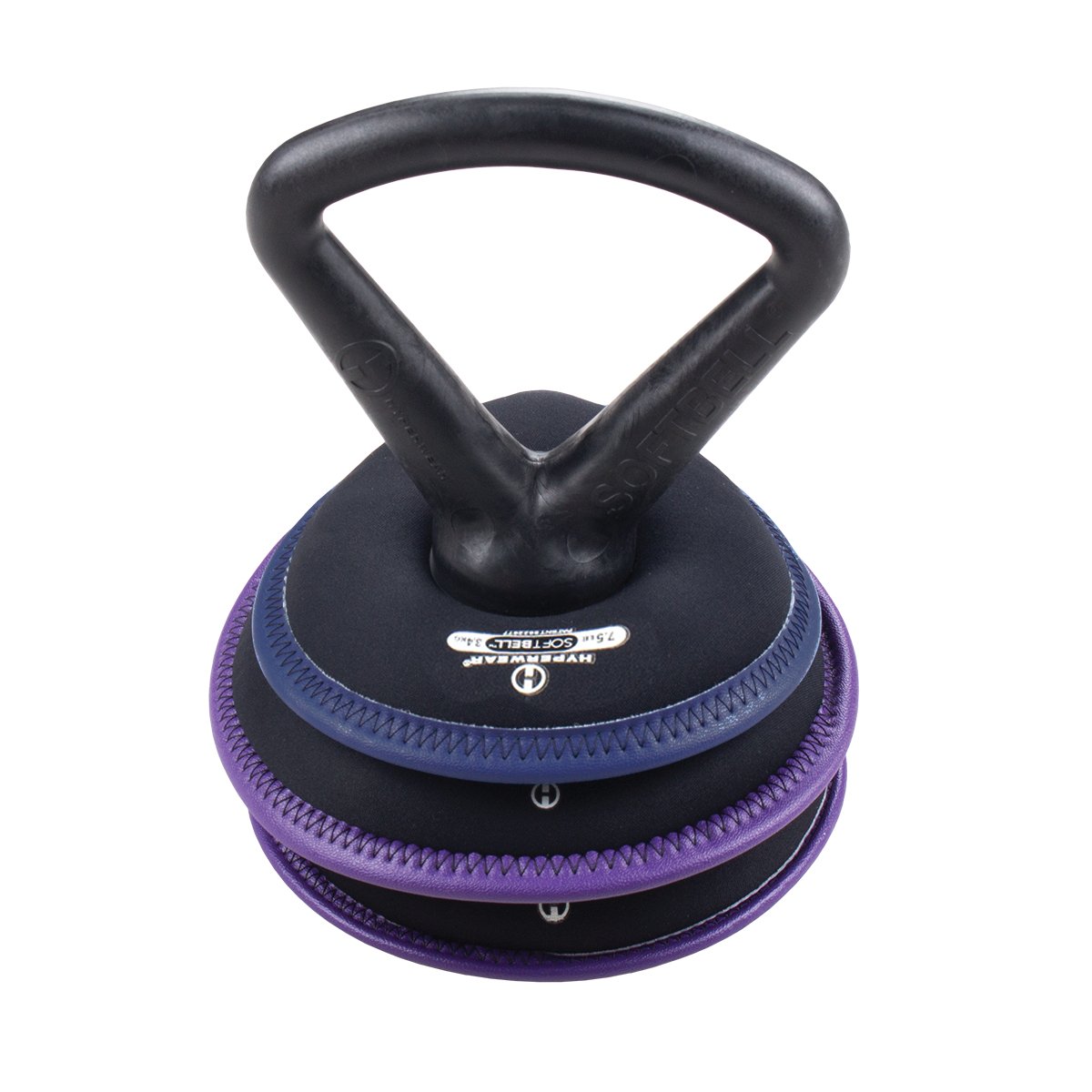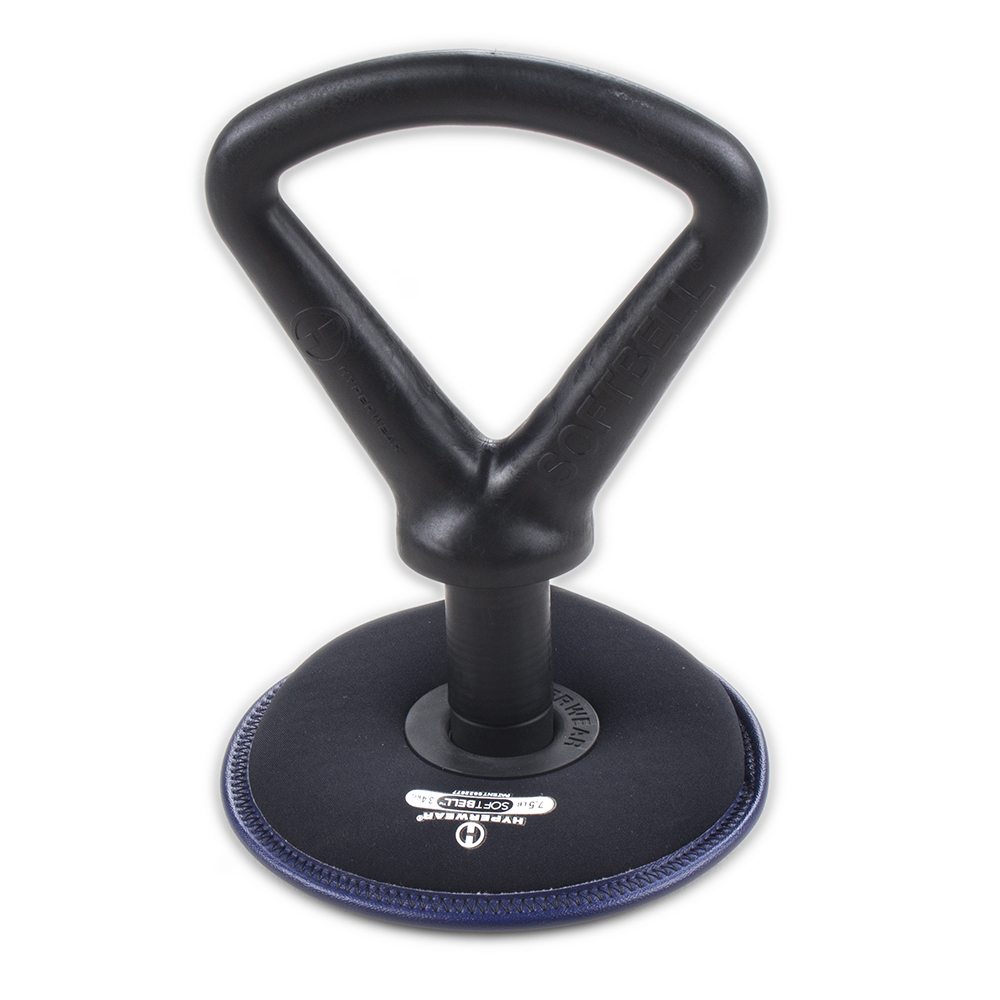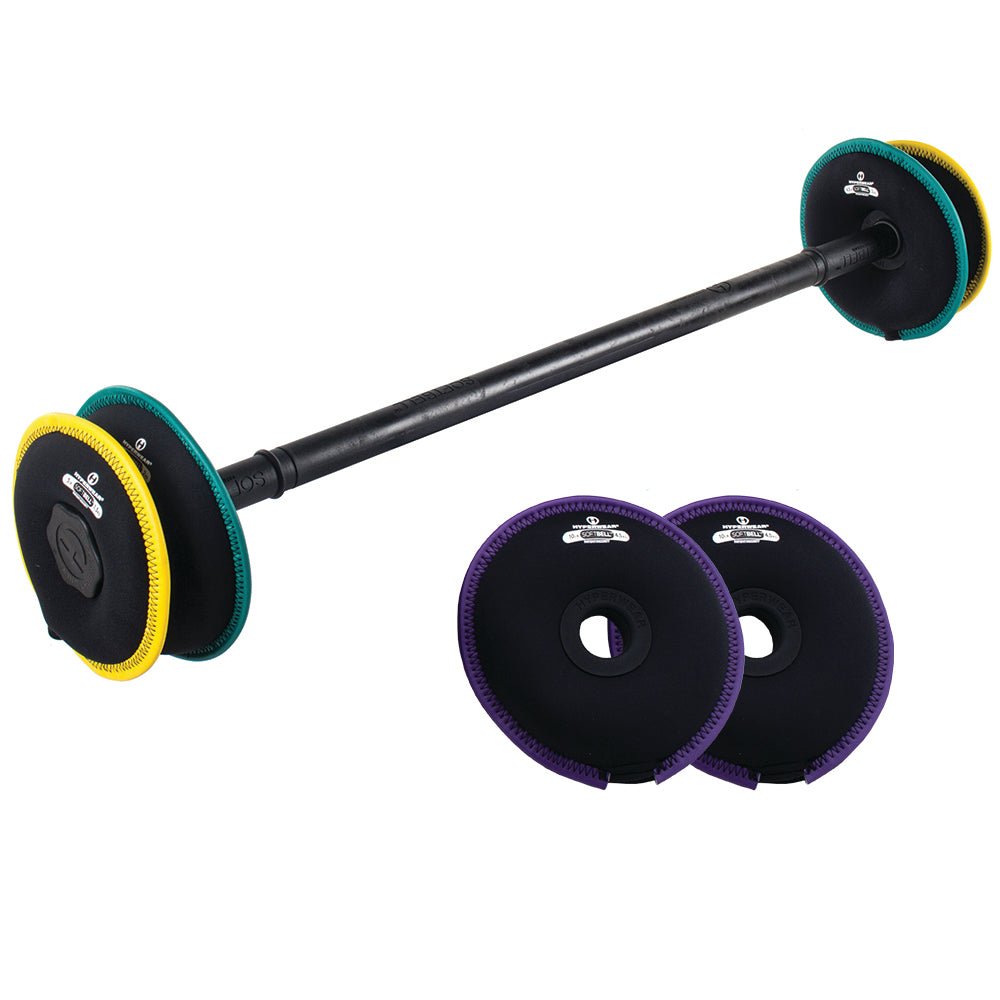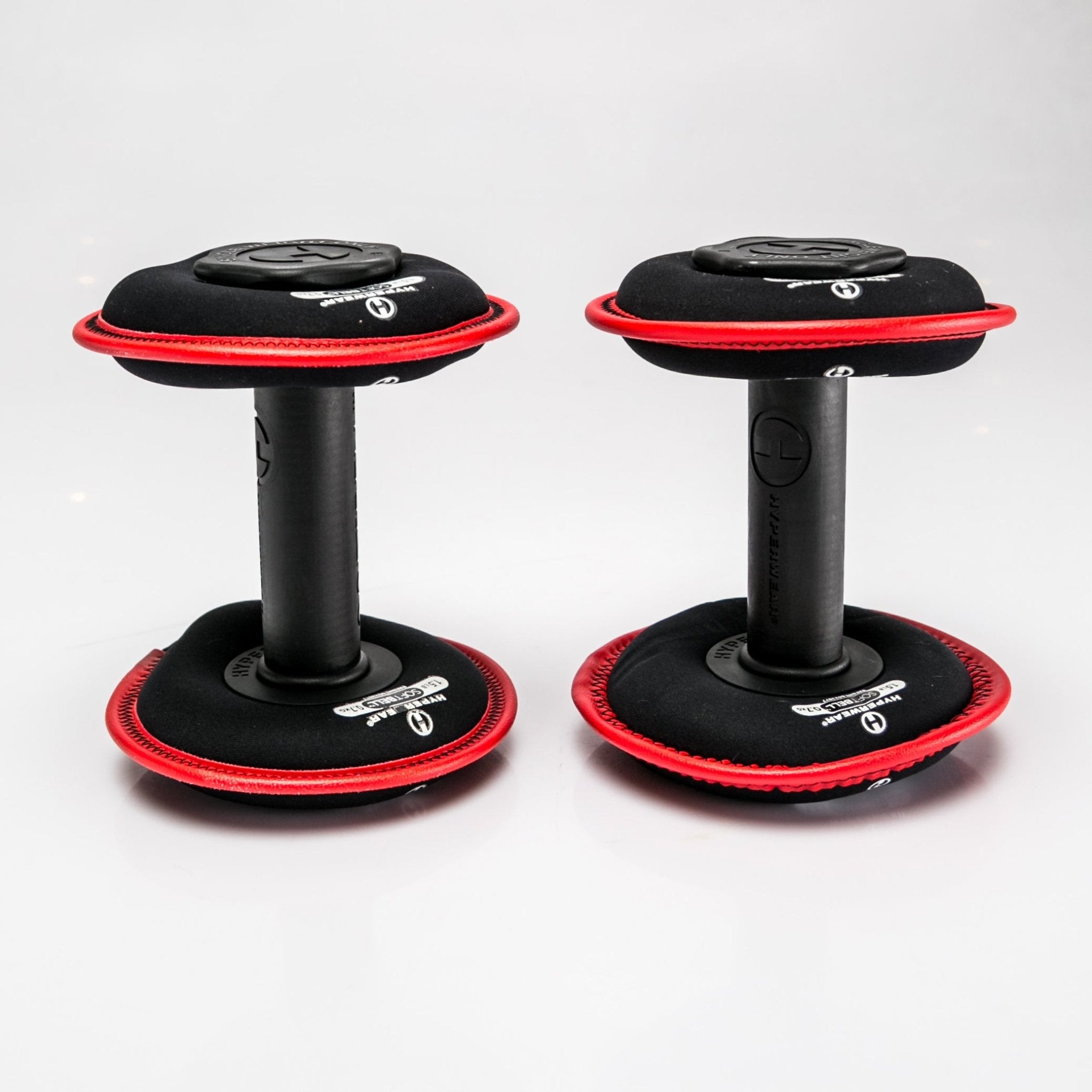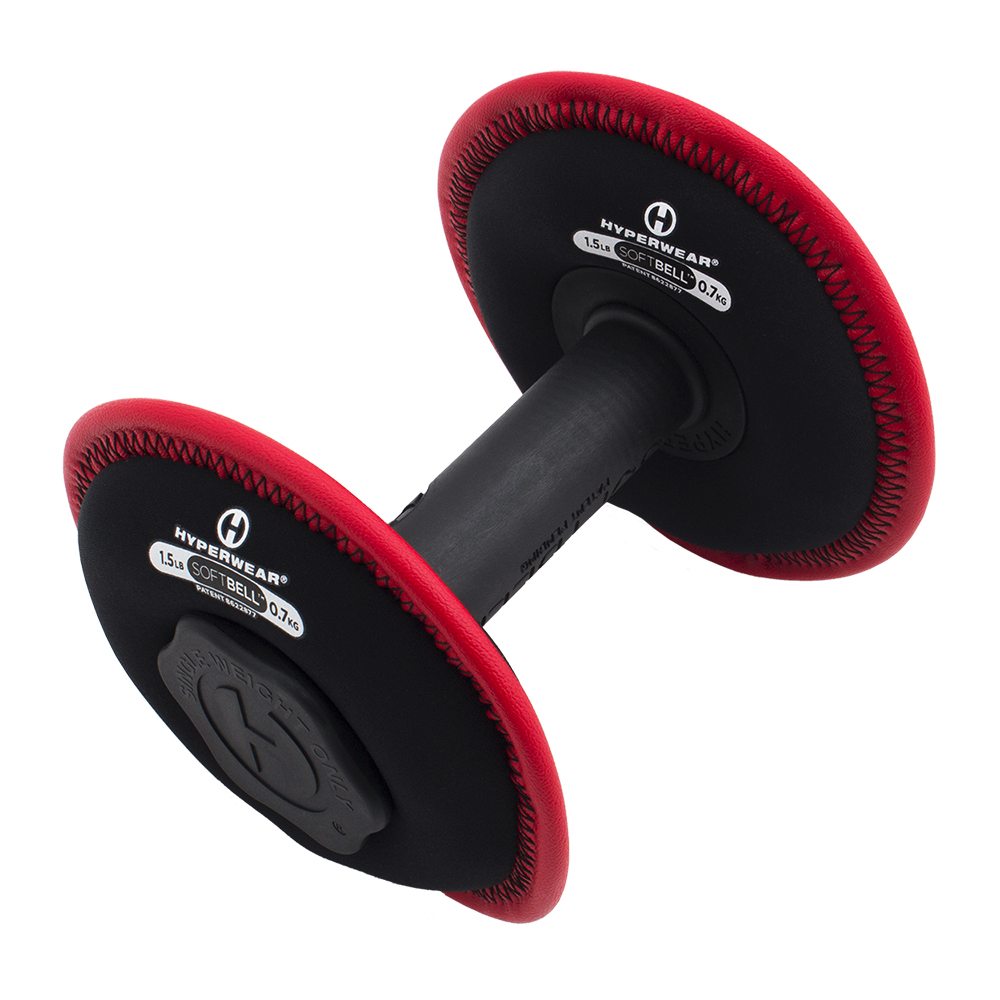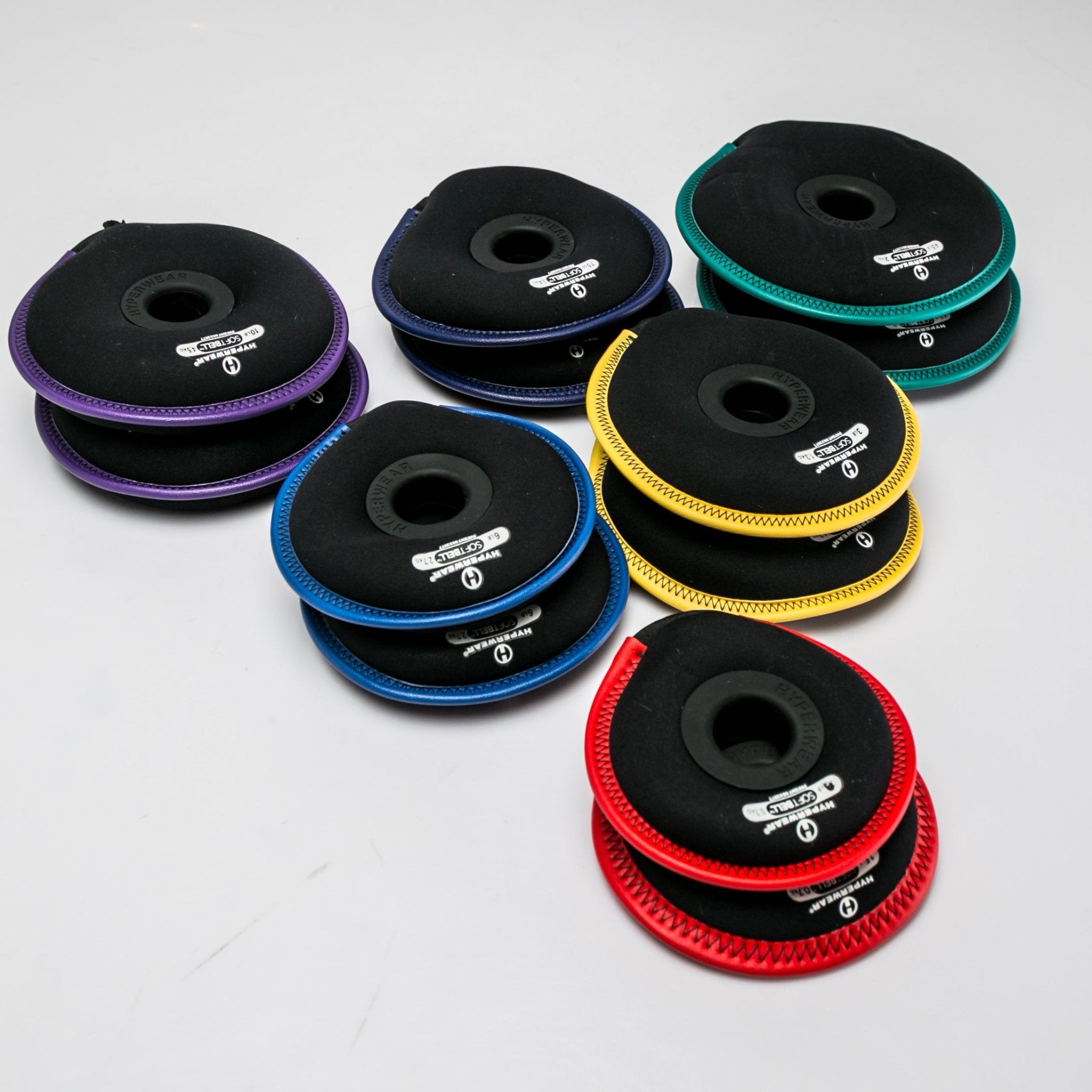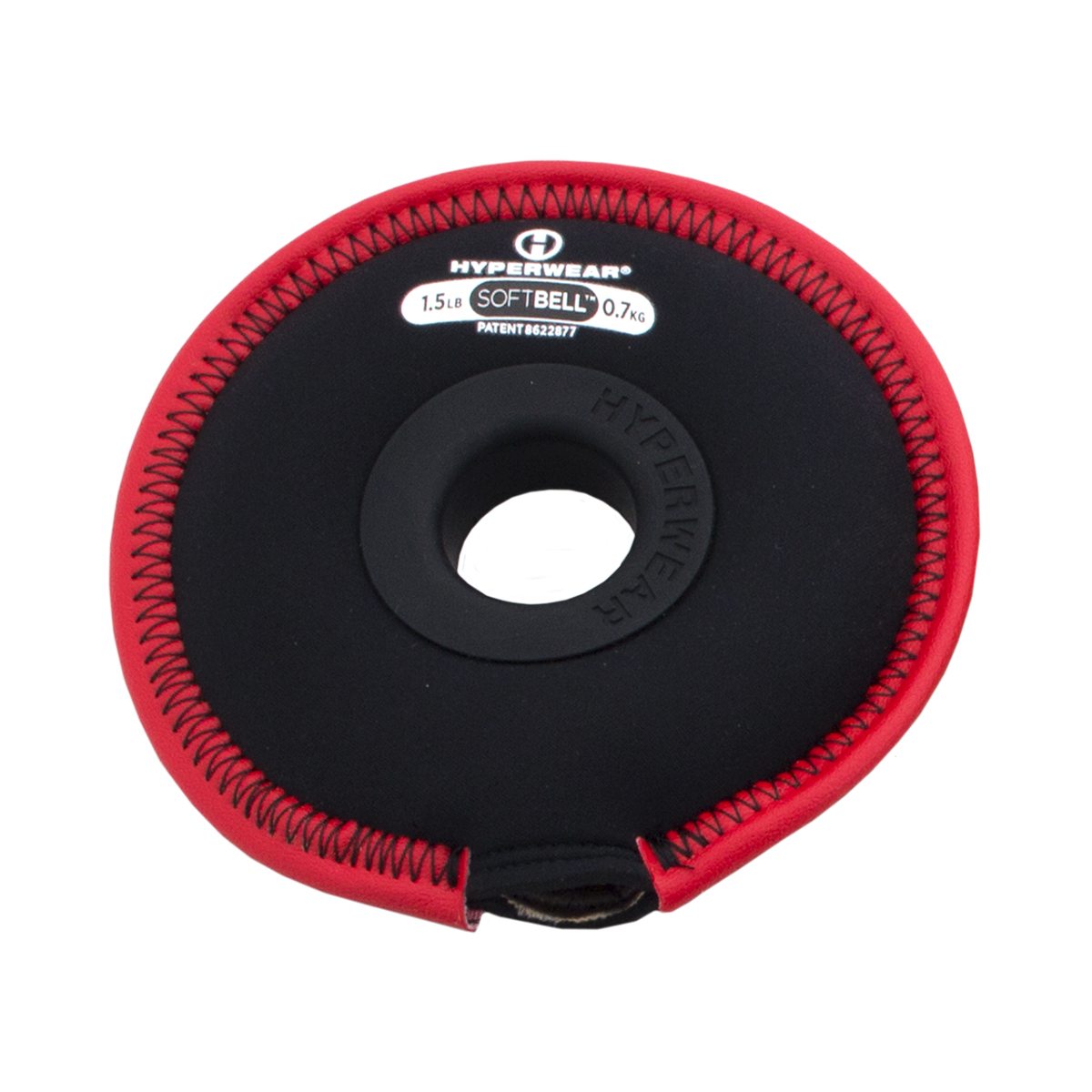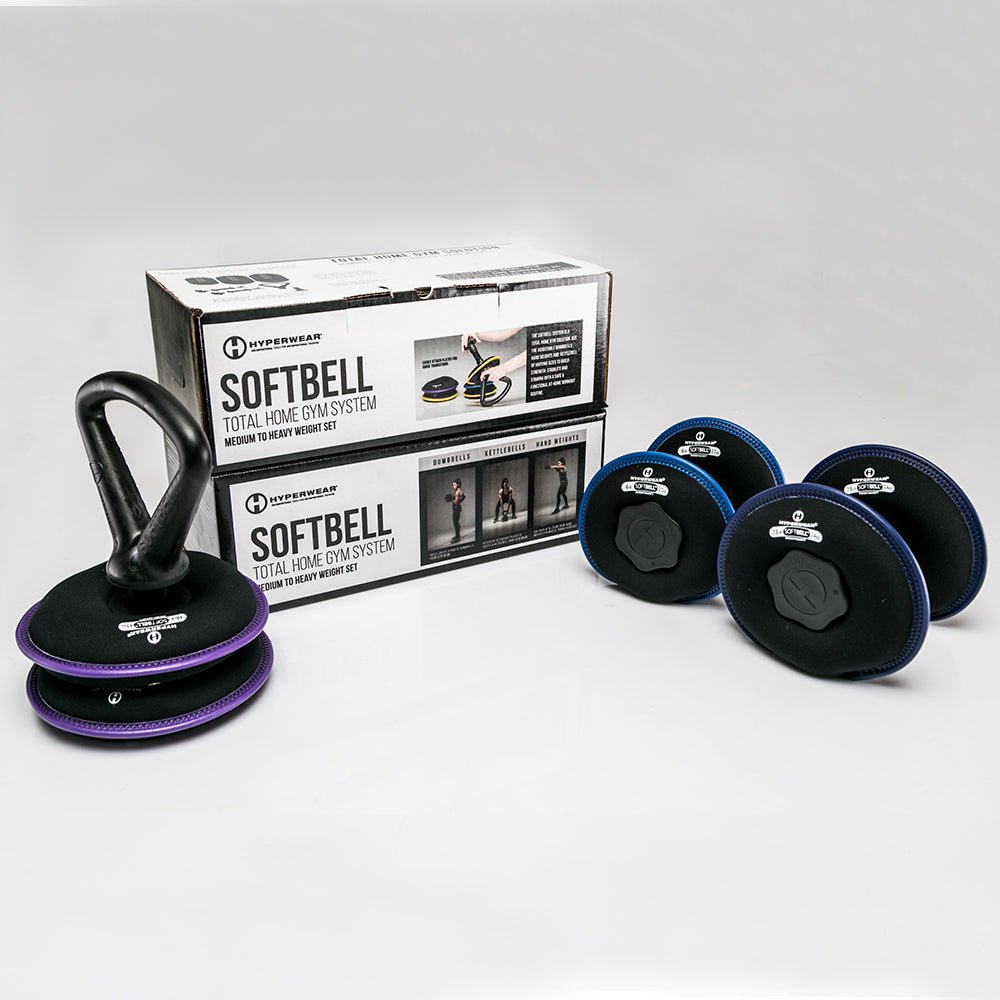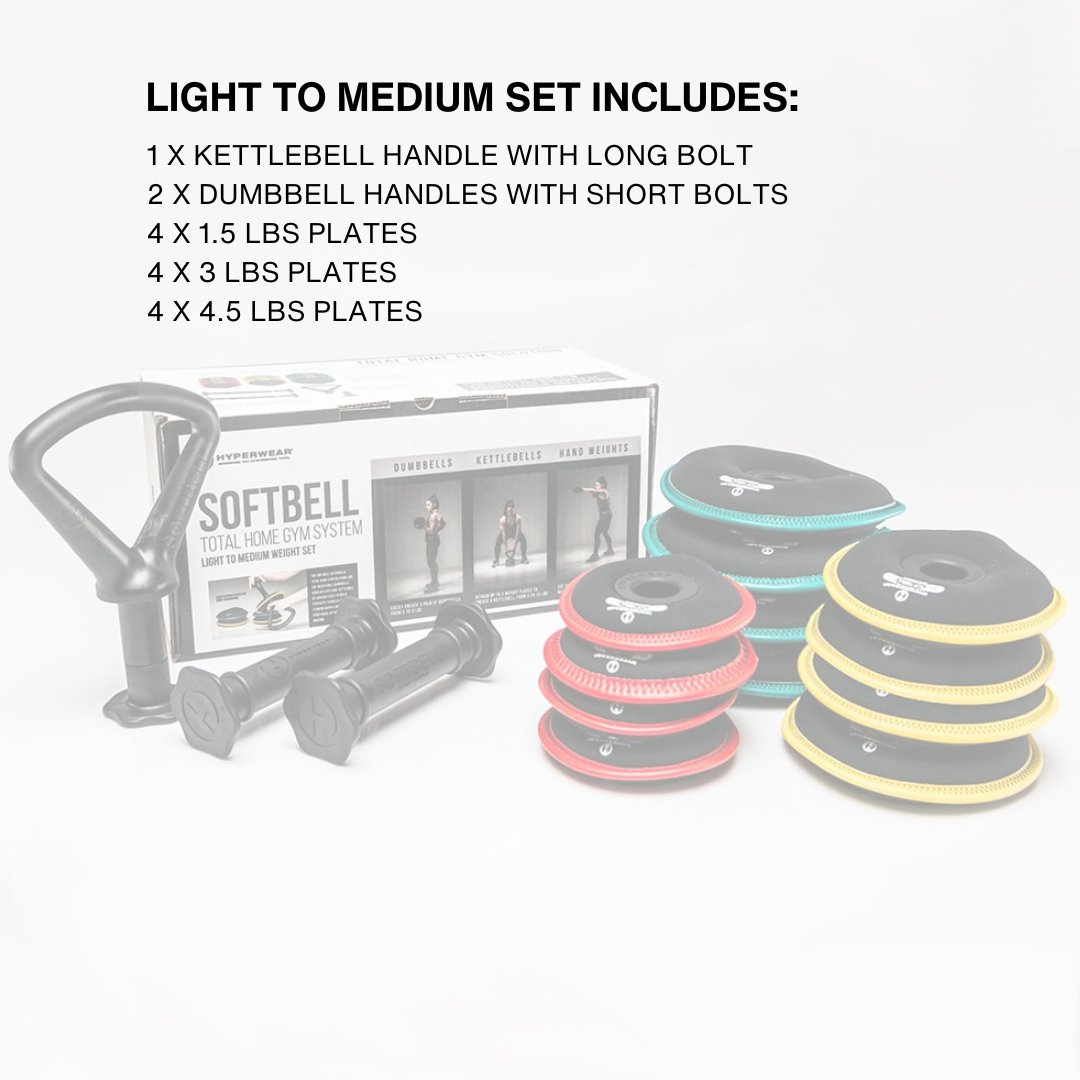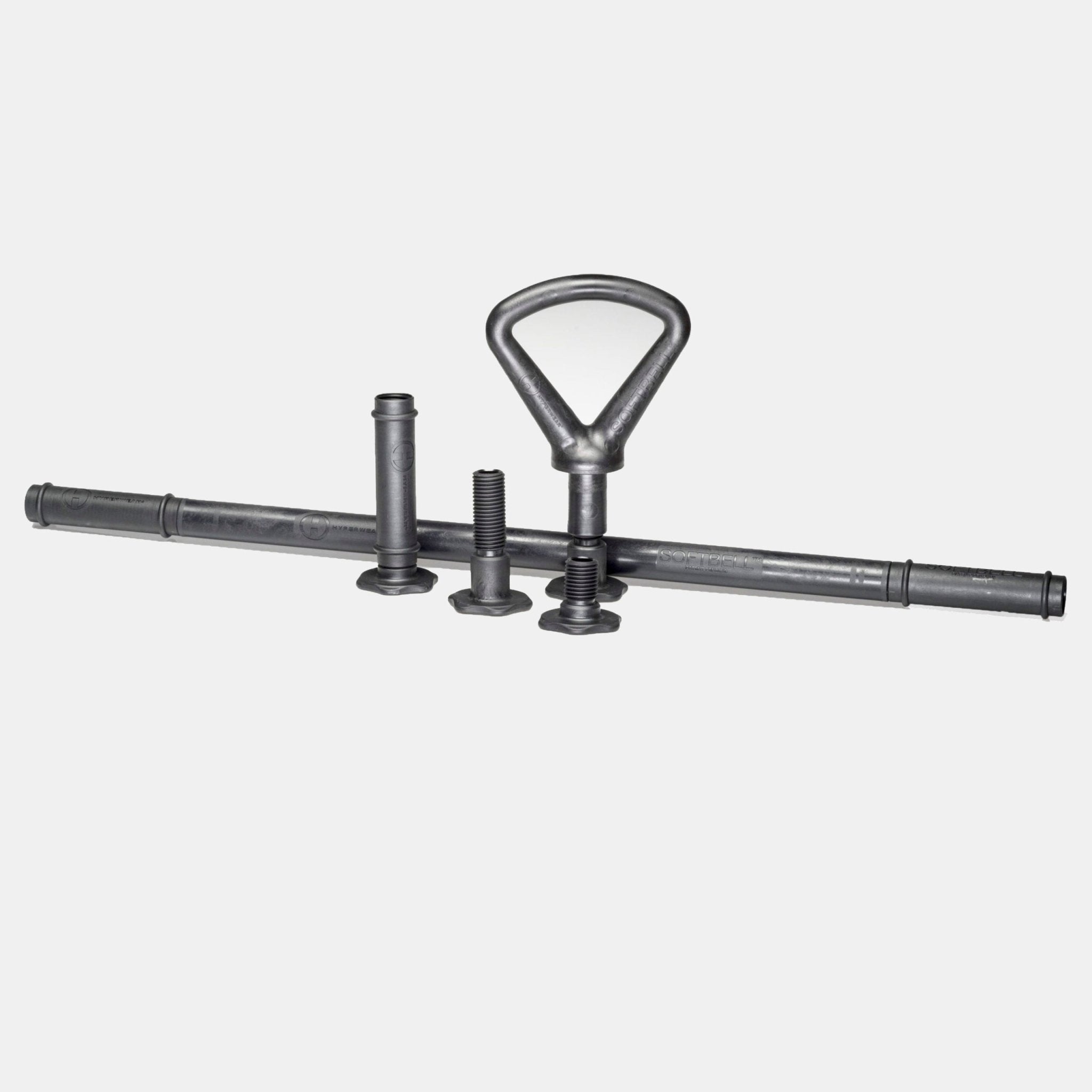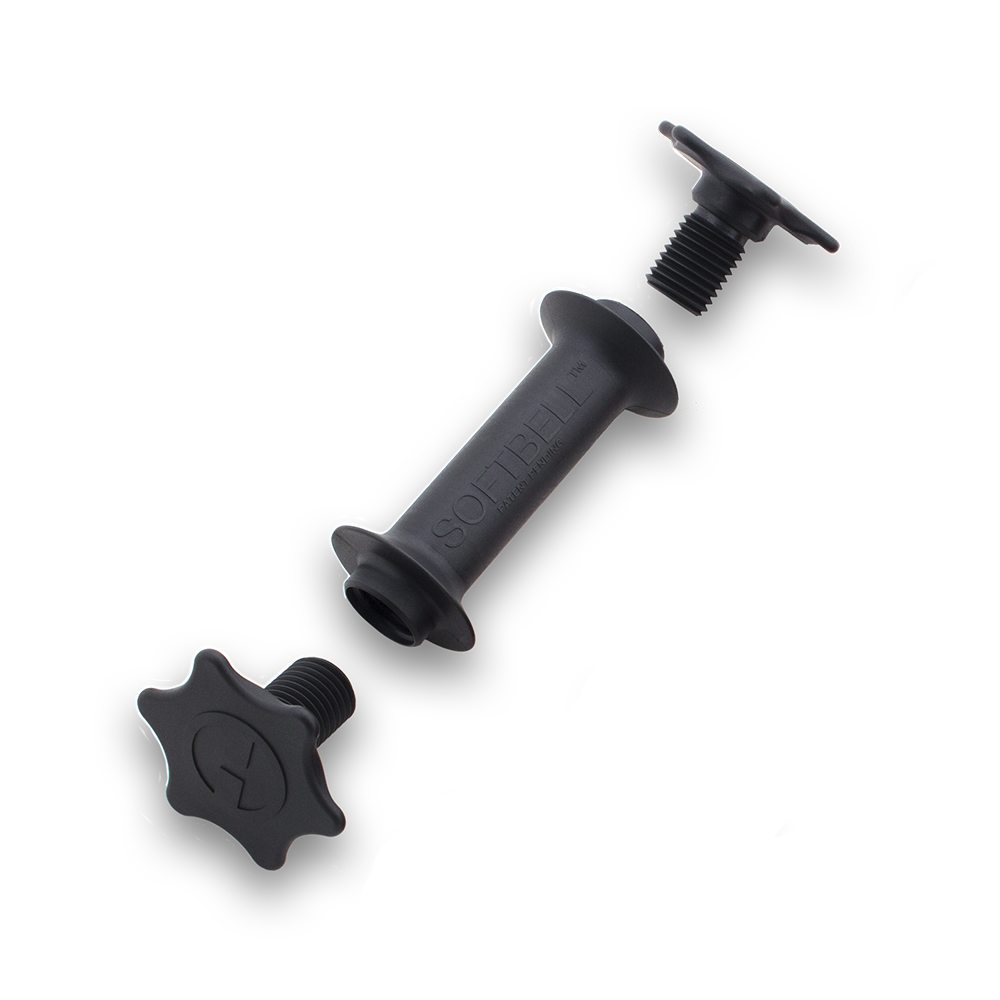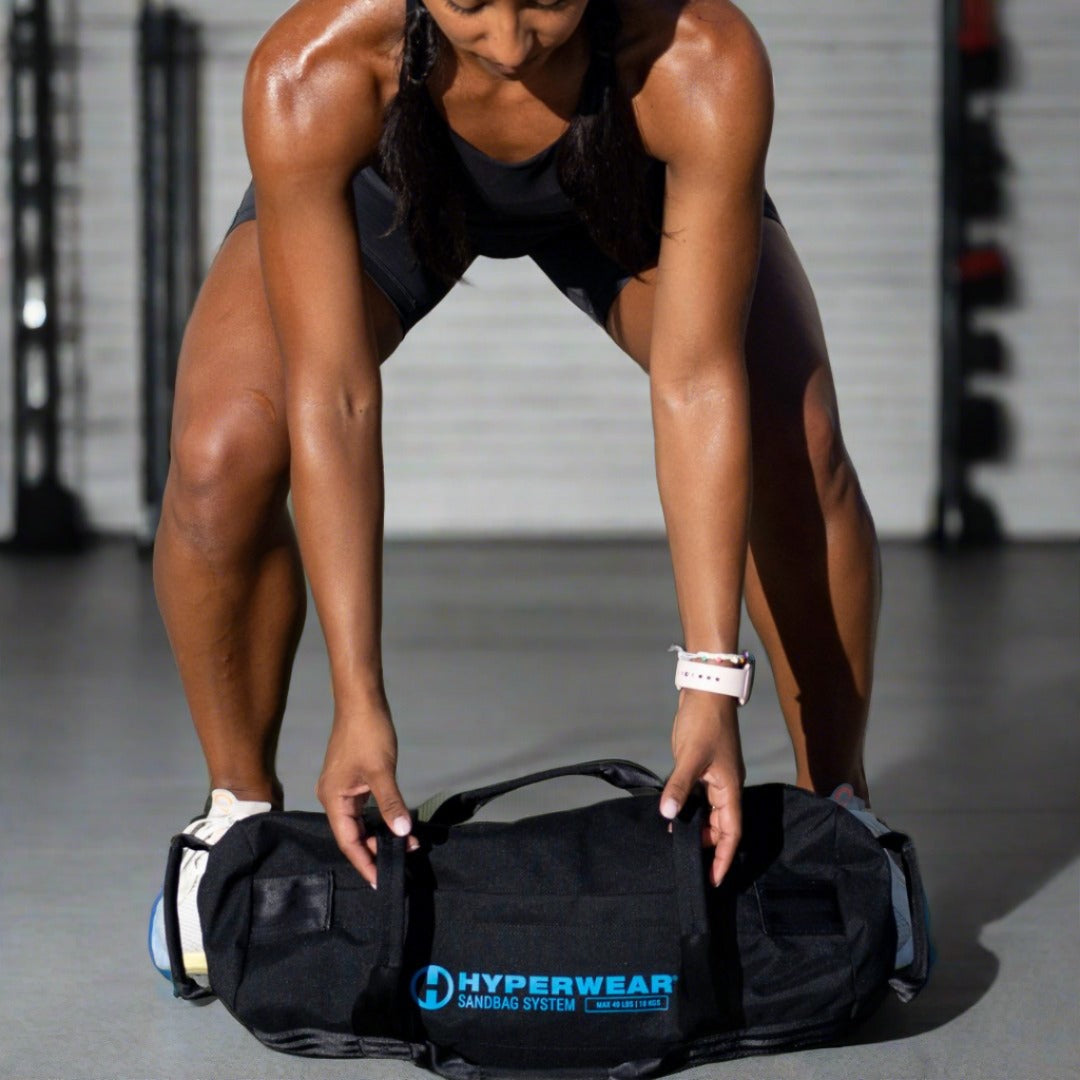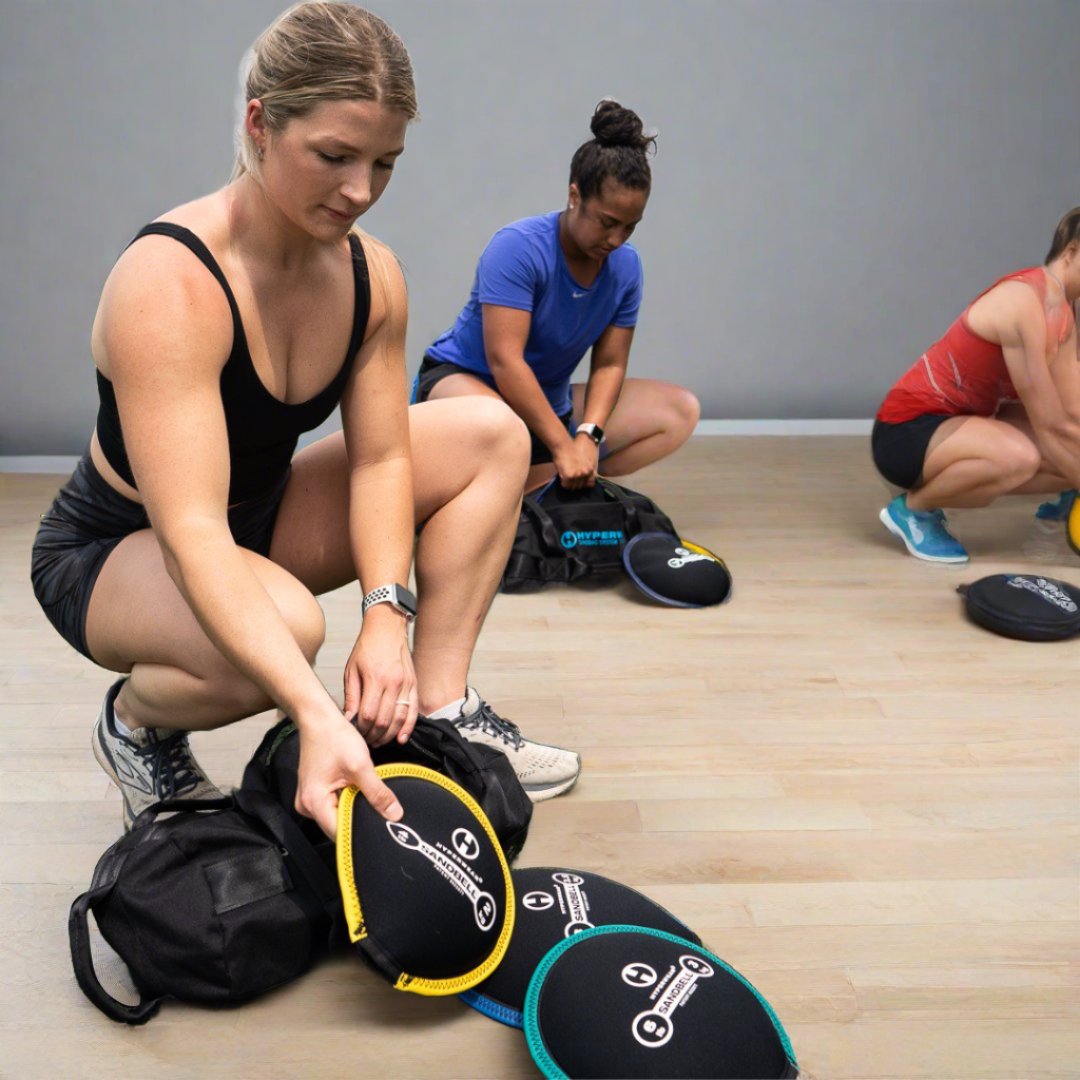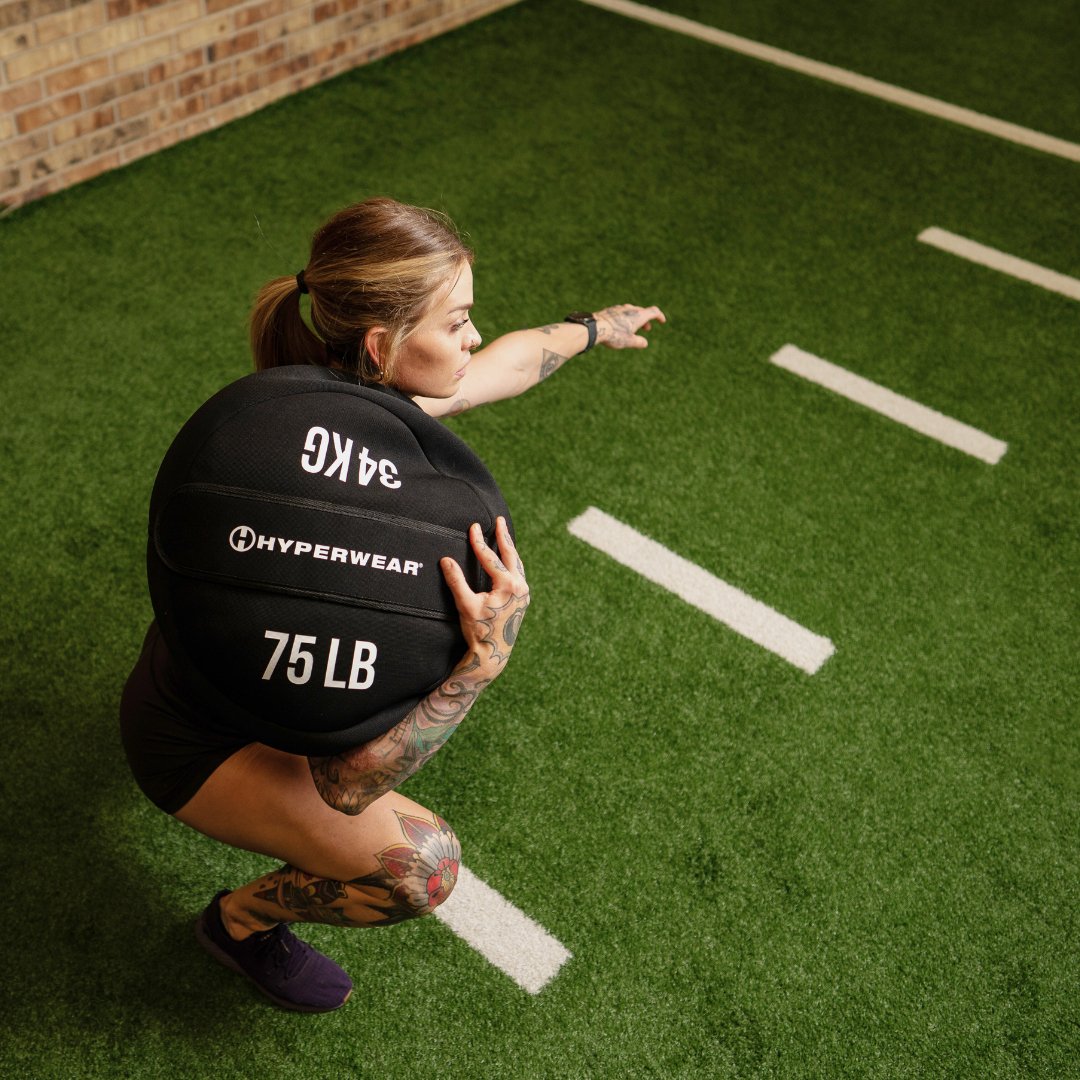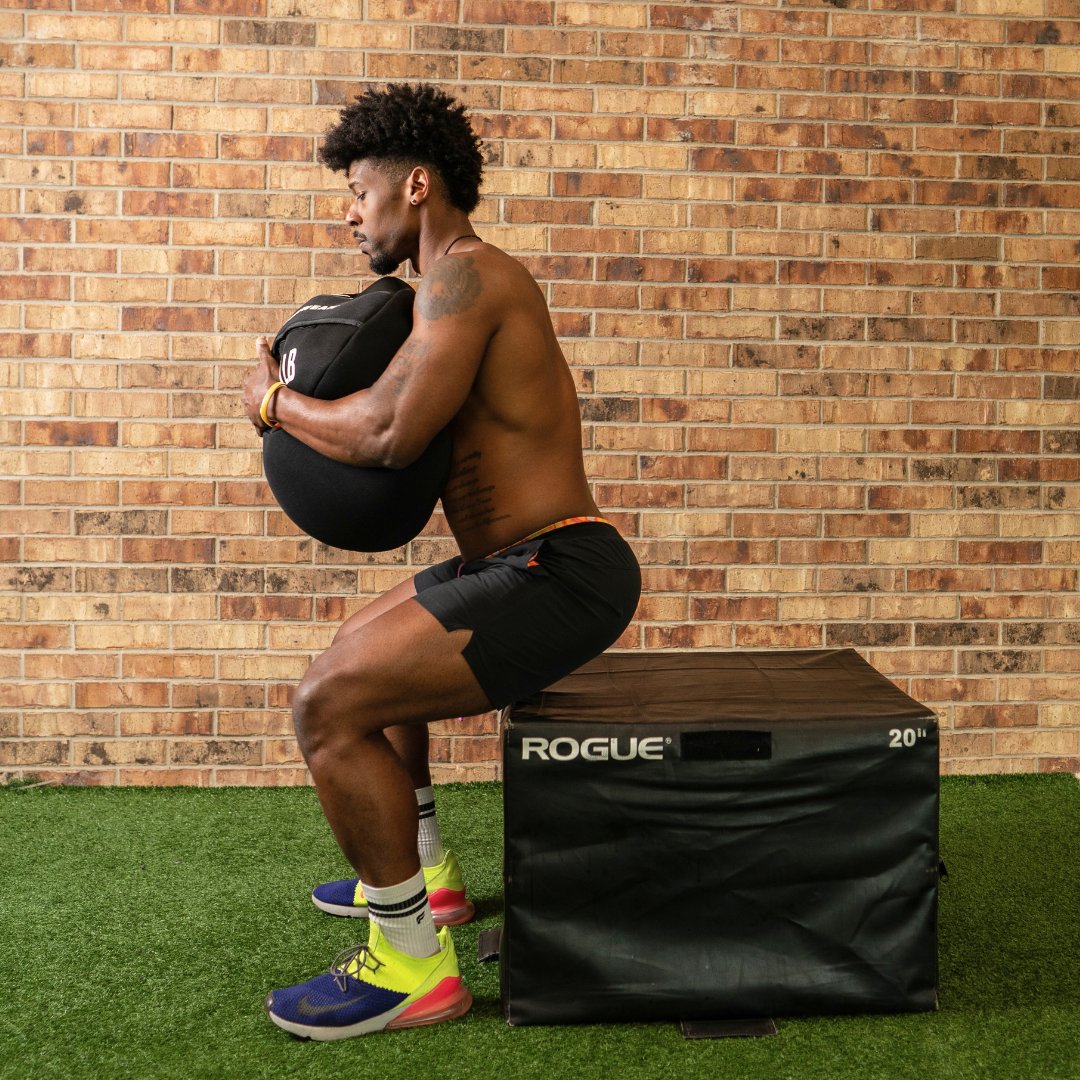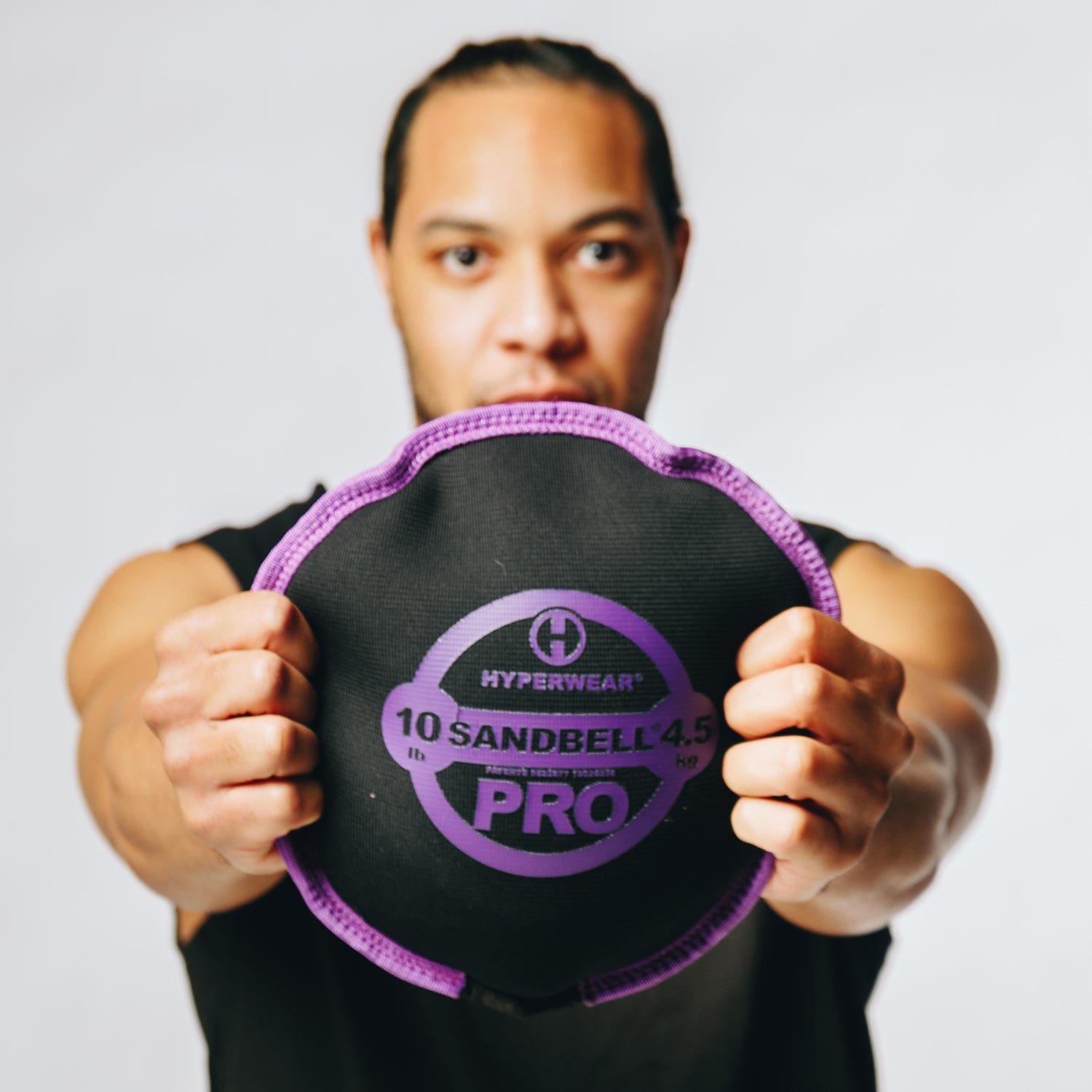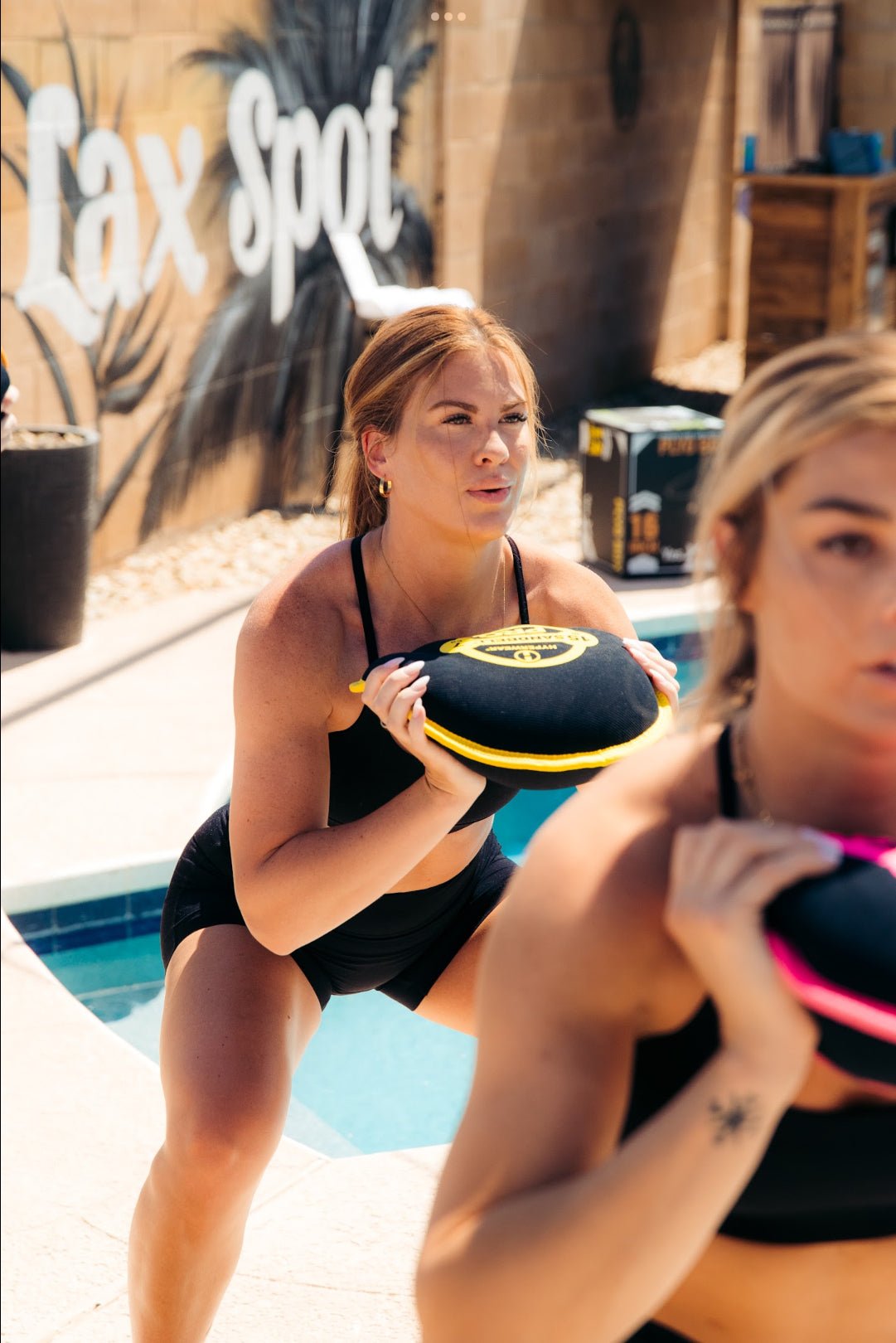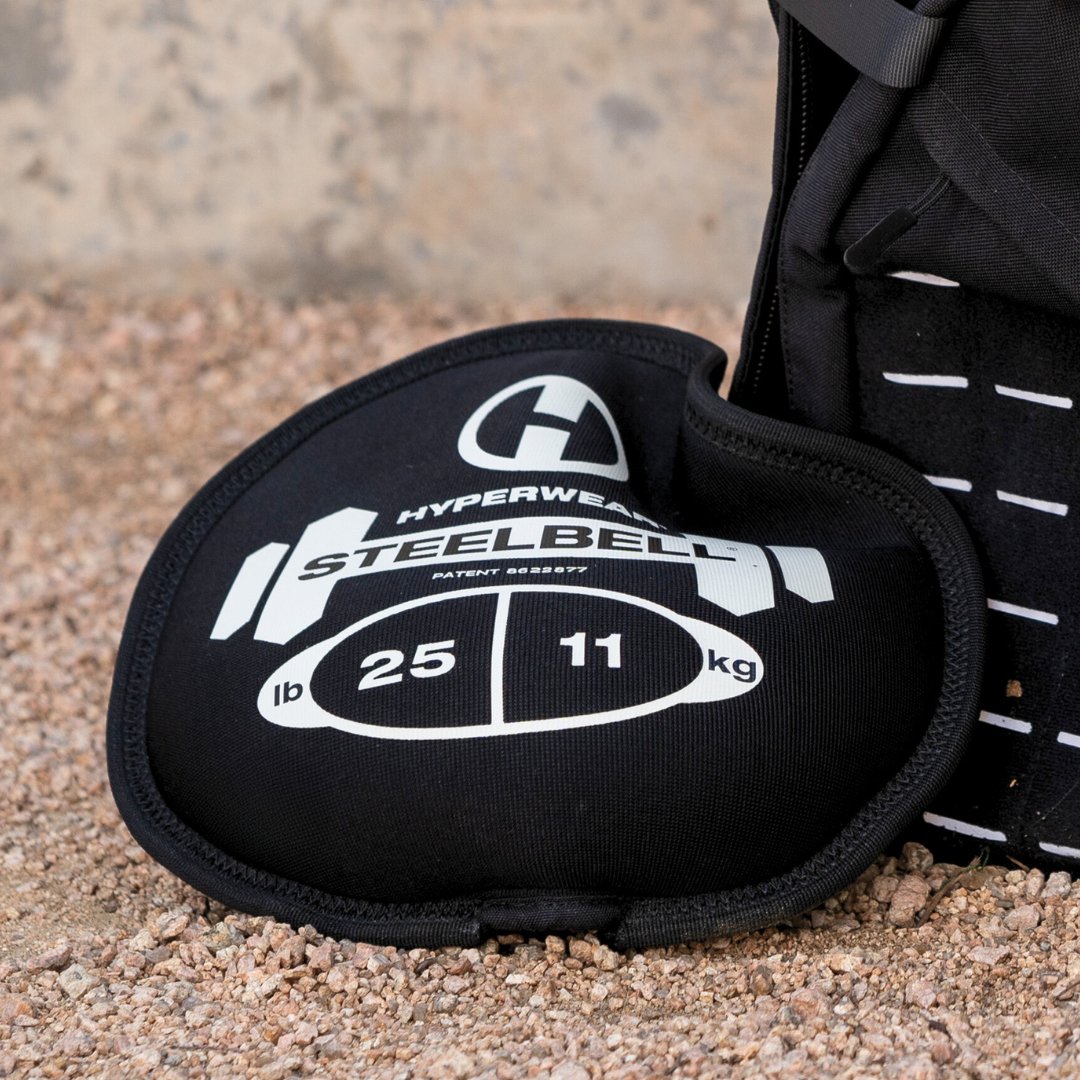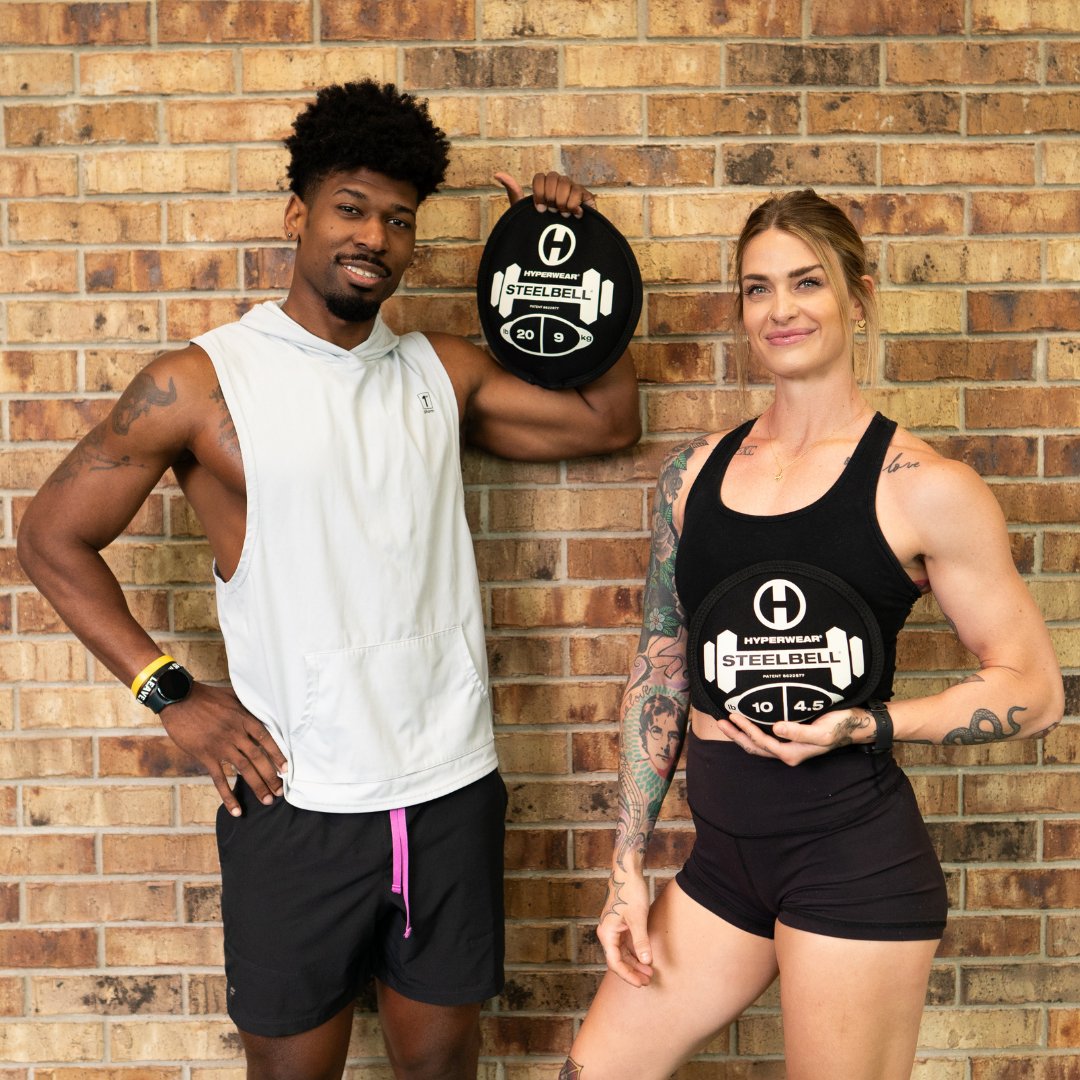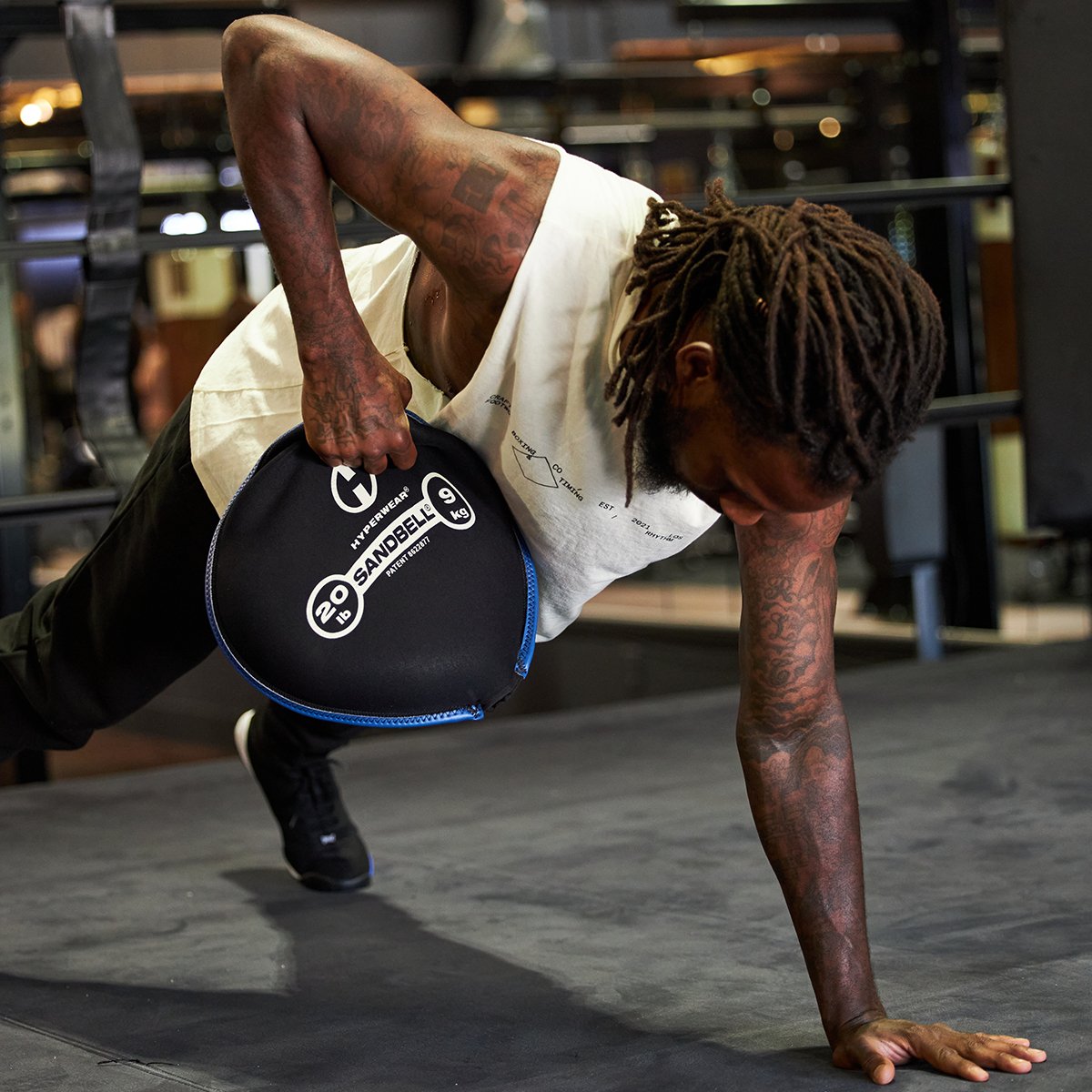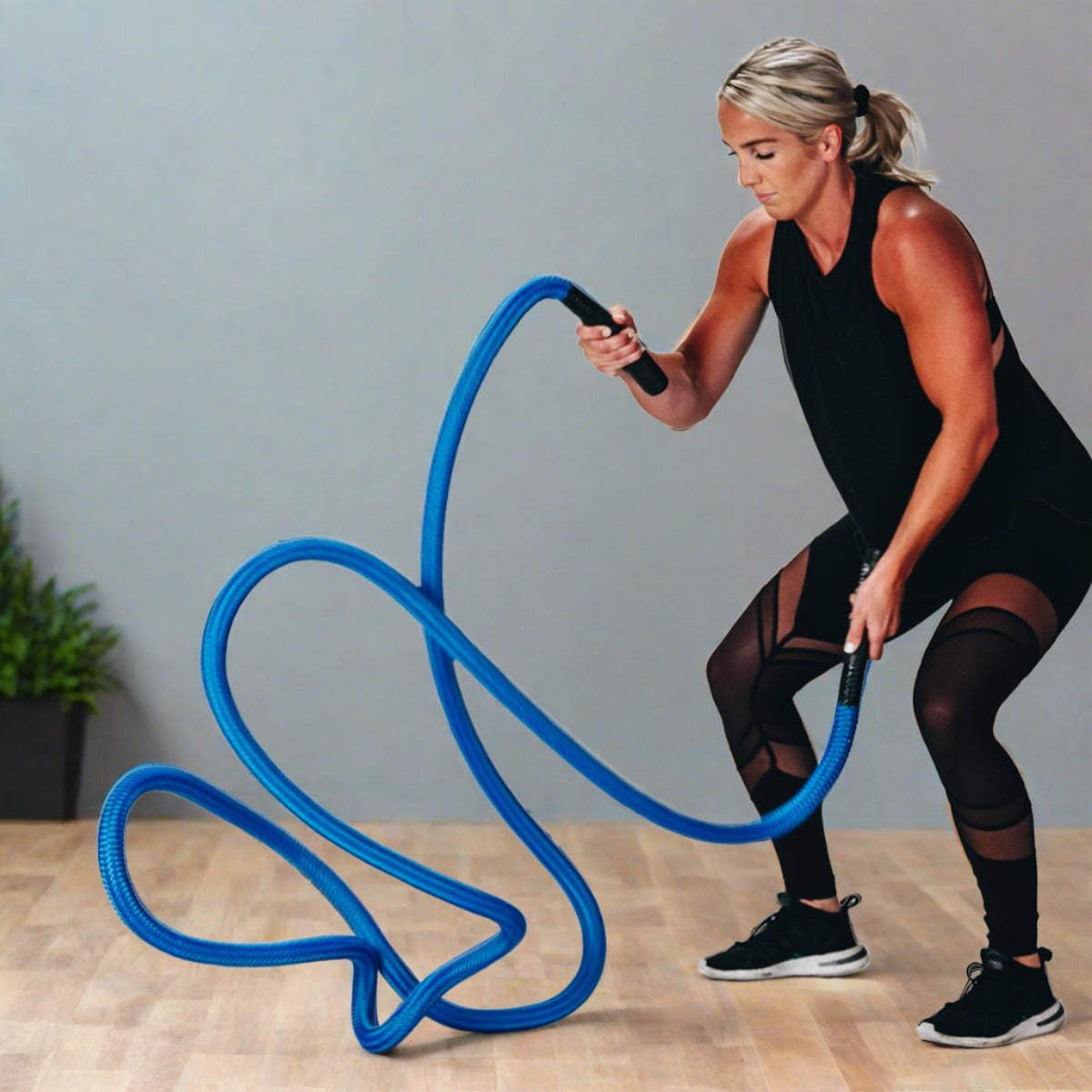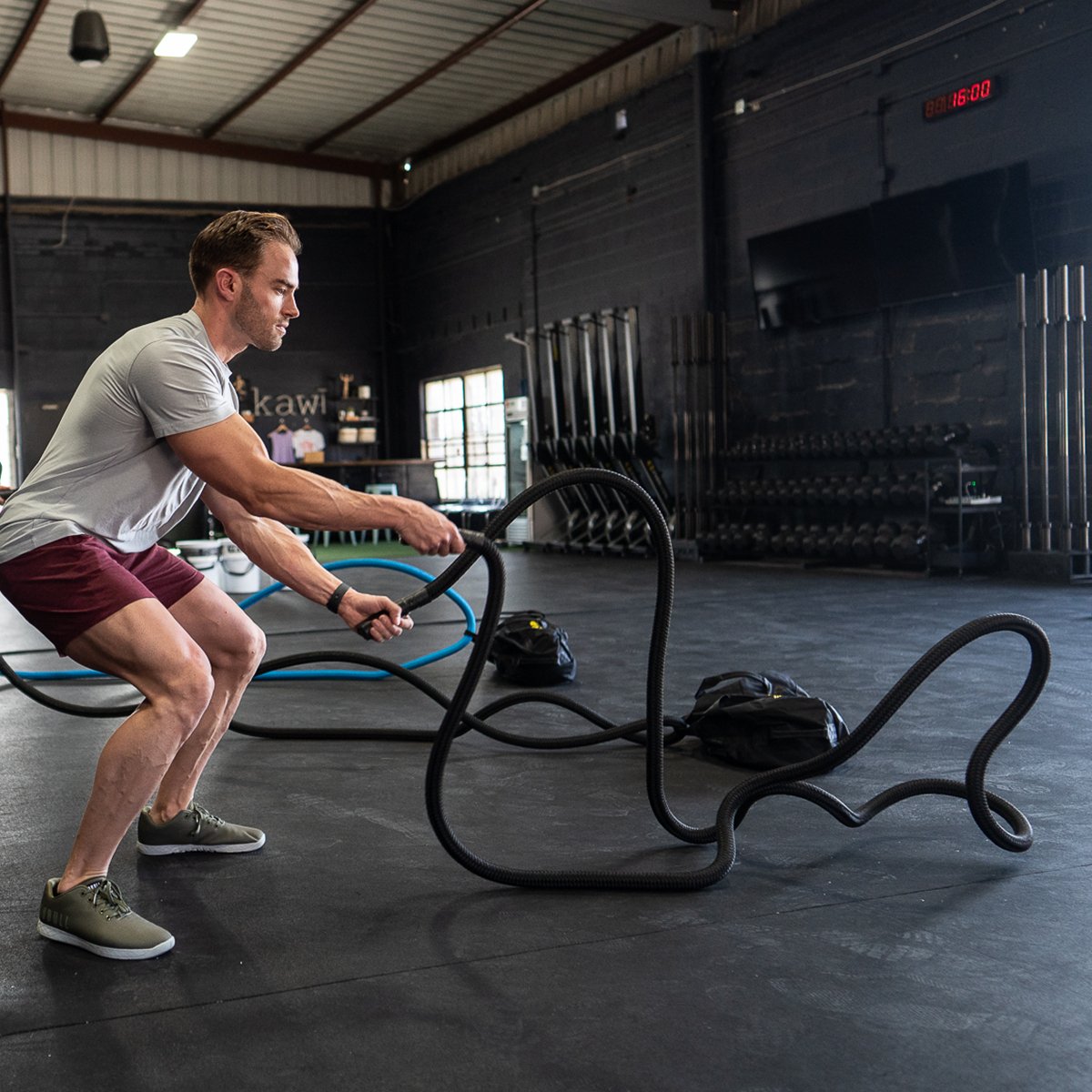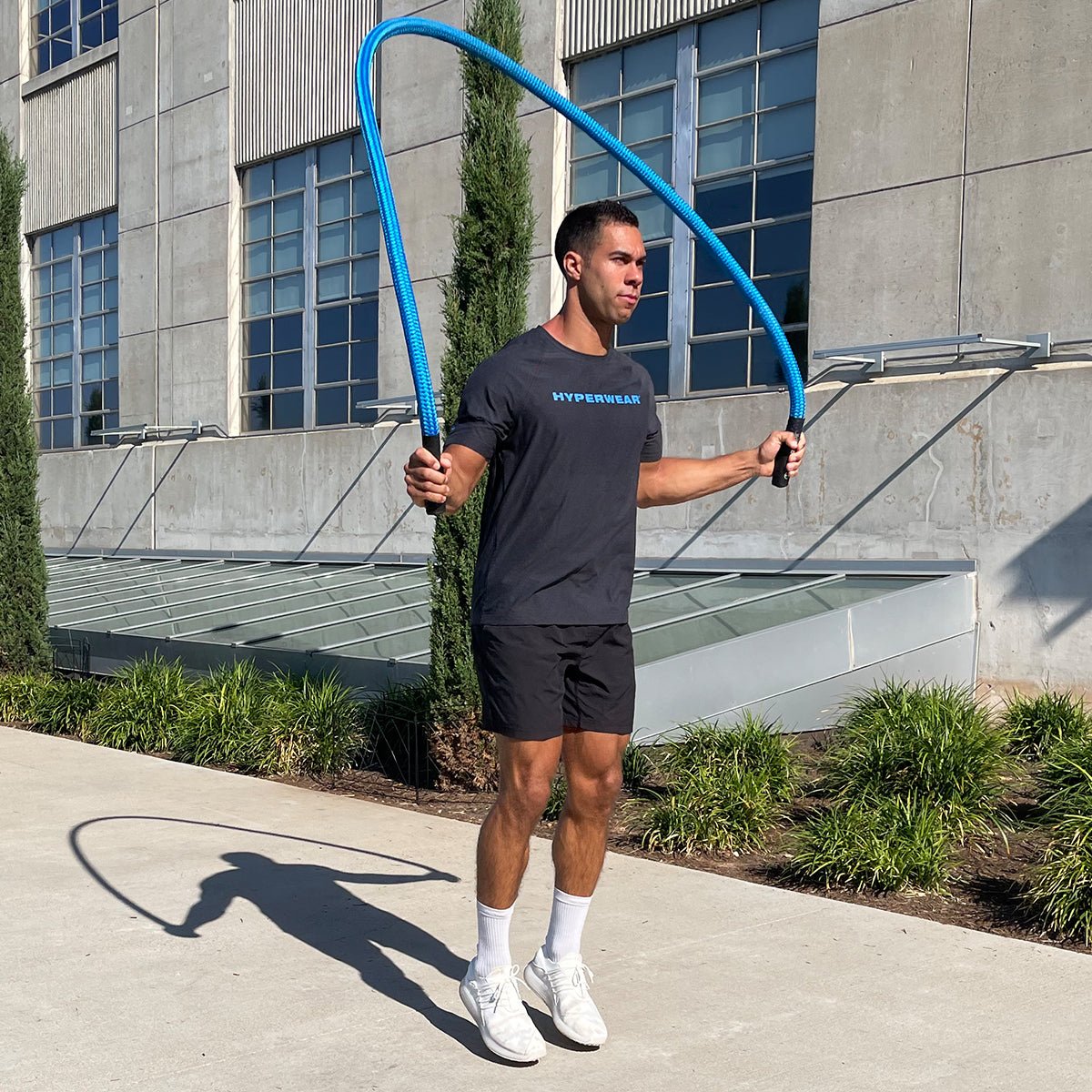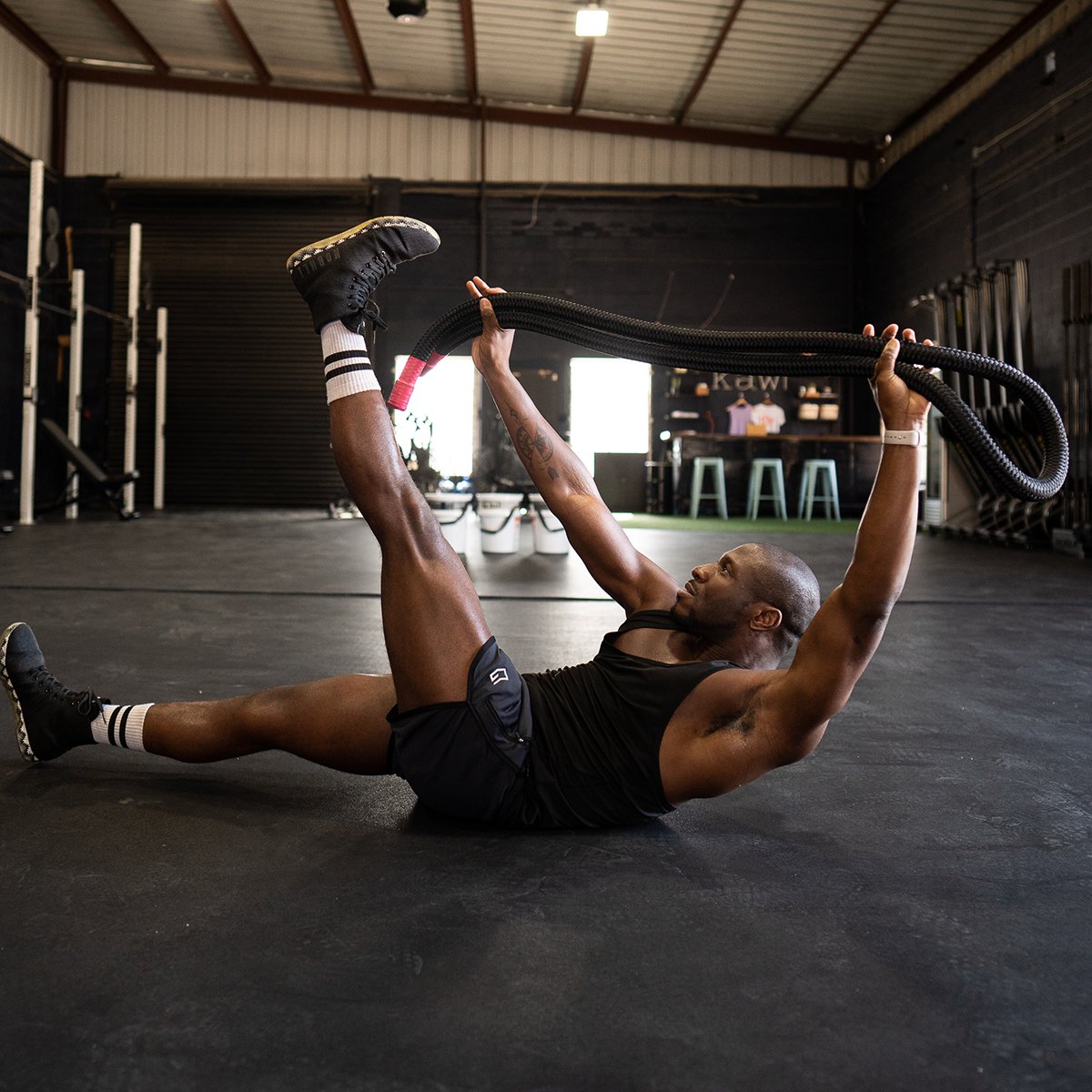Looking at your workout plan to decide how to get the best results always starts with workout length and duration. How often should you work out? Which duration is best? Are you looking for top athletic performance or all-around fitness? The answer to all of these questions starts with your goals and capabilities. After your self-assessment, review key factors, such as how much time you have, experience, injuries and goals to decide on workout length.
Workout Length | How long should a workout be for BEST results?
There seems to be a lot of misconceptions about how long you need to spend working out to get results. What is the optimal workout length and how long is too long?
When it comes to strength (weight) training there is a good amount of research that shows working out for more than 45-60 minutes may actually be detrimental and counterproductive. There are a few different factors, including loss of motivation and strict time demands, that may contribute to this. You want to
make your fitness easier to have long term success.
cortisol levels impact How long your workout should be
Exercise causes you to release both anabolic and catabolic hormones. The anabolic hormones, testosterone, human growth hormone and insulin are basically responsible for building new tissue and repairing damaged tissue. The catabolic hormone, cortisol, is mainly responsible for increasing blood glucose levels, immune function and aiding in metabolism. But excessive or prolonged cortisol release can have significant adverse effects.
Too much cortisol can result in blood glucose spikes, increases in blood pressure, inflammatory responses and lowering of the immune system. It can also lead to disruption of muscle tissue repair and creation along with an increase in fat storage. Cortisol is released in response to stress. Working out is stressful, therefore the longer you work out, the more cortisol you release.
Many studies have shown that cortisol increases dramatically after approximately 60 minutes of vigorous exercise. There are also a number of studies that show the optimal time for weight training to be around the 45-60 minute mark, and for cardiovascular training to be around the 30-minute mark.
vary workout length to manage muscle fatigue
Long duration workouts, particularly prolonged strength training workouts, can be very stressful to a number of the body’s systems, not just the endocrine system. Both the nervous and muscular systems are heavily taxed during a typical workout. The extent of this stress and strain depends on a few factors including the type of activity, the intensity and the duration. Both systems need adequate time to recover in order for progress to be made.
Exhaustive, long, drawn-out workouts are okay now and then, but not every time. Piling on the stress to the nervous and muscular systems very quickly leads to major muscle fatigue and burnout. If you take a look at professional athletes; they walk a very fine line between peak condition and injury as they are frequently asking their bodies to perform at a very high and intense level. In fact, many teams now have GPS trackers on their athletes during games and practices to see how much work a player is doing in an individual session. Then, if a big-name player had to play the entire game, practice intensity can be adjusted. Meanwhile a bench player may have a harder practice. That is why rest and nutrition are a major part of their plan to maximize performance. That is why off-season is essential to allow for full recovery.
How long should I workout at the gym?
Another good reason to keep your workout length under the hour mark is it gives you little time to waste. The longer you spend at the gym, the more time you have to hangout instead of workout. We all have heard the horror stories of someone spending more time on their phone than working out, leading to decreased results. Make sure that you are performing every exercise with intent to decrease how long you are in the gym.
The gym can be a very social place, but remember you are there first and foremost to workout. This also goes for working out at home. Your workout length is for exercising, not for doing chores or your taxes in between sets.
A typical full-body workout of 3 sets x 10 reps of 8-10 exercises with 45-60 seconds rest between sets, if performed correctly, should take approximately 45-60 minutes. This leaves very little time to waste.
Some of you may be intimidated by the idea of working out for an entire hour, or you may simply have too much going on for an entire hour workout. A great way to prevent working out too long is to split your workout in two. It is perfectly okay to perform more than one short workout in one day. You can do a 20-minute workout in the morning and another in the evening. This allows you to get all the work done in a reasonable time frame while also keeping the intensity high.
To crank up the intensity for these shorter workout bouts try performing them while wearing a weighted vest like
this one. The added resistance will definitely dial things up a few notches giving you the results you want in the optimal time.
So when it comes to working out, the old saying of “quality over quantity” definitely holds true. Try throwing in some
longer duration workouts into your program over time, just not every time. Be sure to space out your longer workouts in between shorter sessions.
HOW DO MY GOALS IMPACT MY WORKOUT LENGTH?
Goals are one of the biggest factors for how much time you will spend in the gym. Are you training to be explosive and powerful? You will probably need to be in the gym for a short period of time. Are you looking to run a marathon? Your workouts will be longer. But why is this?
Exercise length is dependent upon your body’s energy stores. Training explosive power requires short bouts of maximal intent. You can only perform so many reps and sets before your body switches into a different energy system. This is why a vertical jump program can be completed in 30 minutes or so. Training explosively for too long can actually hinder improvements.
Meanwhile, a marathon runner has to put time into their workouts. You cannot properly prepare yourself for a 3-4 hour run by working out for 20 minutes here and there. If you do not properly increase your training load, you will expose yourself to overuse injuries.
HOW DOES MY TRAINING EXPERIENCE EFFECT WORKOUT DURATION?
Another important factor when it comes to workout duration is your training age. Training age is simply a fancy term for how much experience you have in the gym. You should also factor in your experience is recent. Obviously if you haven’t worked out in 30 years, it will be hard to work out for an entire hour, despite what your mindset tells you.
For those with a higher training age, workouts lasting two hours aren’t unheard of. These types of sessions would have a large amount of rest time, but are certainly possible. These long of sessions are especially common with powerlifters and body builders.
For those who have a low training age or are just getting into fitness, start slow. Being in the gym for an entire hour can be intimidating, and honestly impractical at times. Taking an entire hour out of your normal routine can be frustrating and hard to sustain. Missing a few workouts early on will also make it more likely that you give up entirely on your program.
I’M JUST GETTING STARTED, WHERE DO I BEGIN?
You might be wondering, since I am a beginner how long should I really be in the gym? The answer is dependent on the person, but I would recommend starting with just walking. The average amount of steps per day in the US has greatly decreased, especially with a shift to working from home.
Even something as simple as a 30-minute walk can make a huge difference on your daily caloric expenditure. In plain English, this simply means you will burn more calories. In addition to a set 30-minute period, try adding small exercise breaks in during the day.
Working from home? Set a timer so that for 5 minutes every hour you have to walk around. You might think that this would waste a lot of your work time, but many studies have shown exercise improves efficiency. In fact, small breaks can actually make you better at your job. We all know those moments where you are just staring at a screen without really processing what is going on.
So, while improving your work capabilities, you will also be improving your physical health. These small little breaks add up over time and can drastically change your fitness level. All without wasting any extra time in your daily routine.
HOW LONG SHOULD I WORKOUT EACH DAY?
Obviously, your goals and training age will impact how long you can work out. That being said, there are some
basic exercise guidelines everyone can follow. Rest and recovery are essential. Be sure to first create a plan to work out each day while recognizing recovery as part of your everyday workout. Recovery methods include foam rolling, stretching, massage, yoga and light exercise. Each has different benefits for your body, but will help you avoid injuries. Also make sure you plan vary your daily workouts, alternating strength training and cardio. For those who must strength train every day to reach your fitness goals, mix up muscle groups and be sure to use weights that are not too heavy. Workout routines should have light and heavy days, so be sure to mix them up appropriately. You should be able to do 10-15 reps for 3-4 sets with a weight before increasing to a heavier weight. Finally, for those who are looking to run more, add in some strength elements as well. Although it may seem counterproductive, strength training will also make you faster. And remember, no matter how much time you spend working out, something is better than nothing. Get after it!


